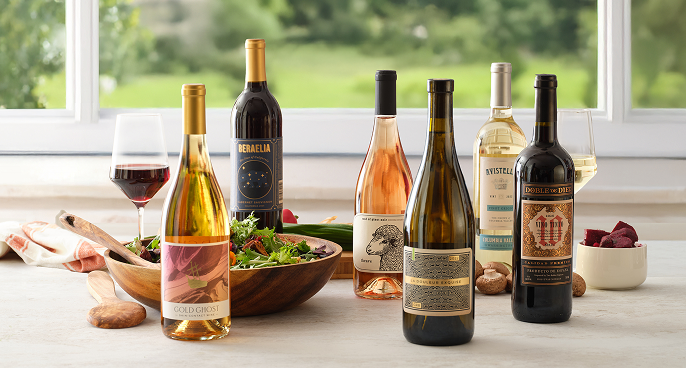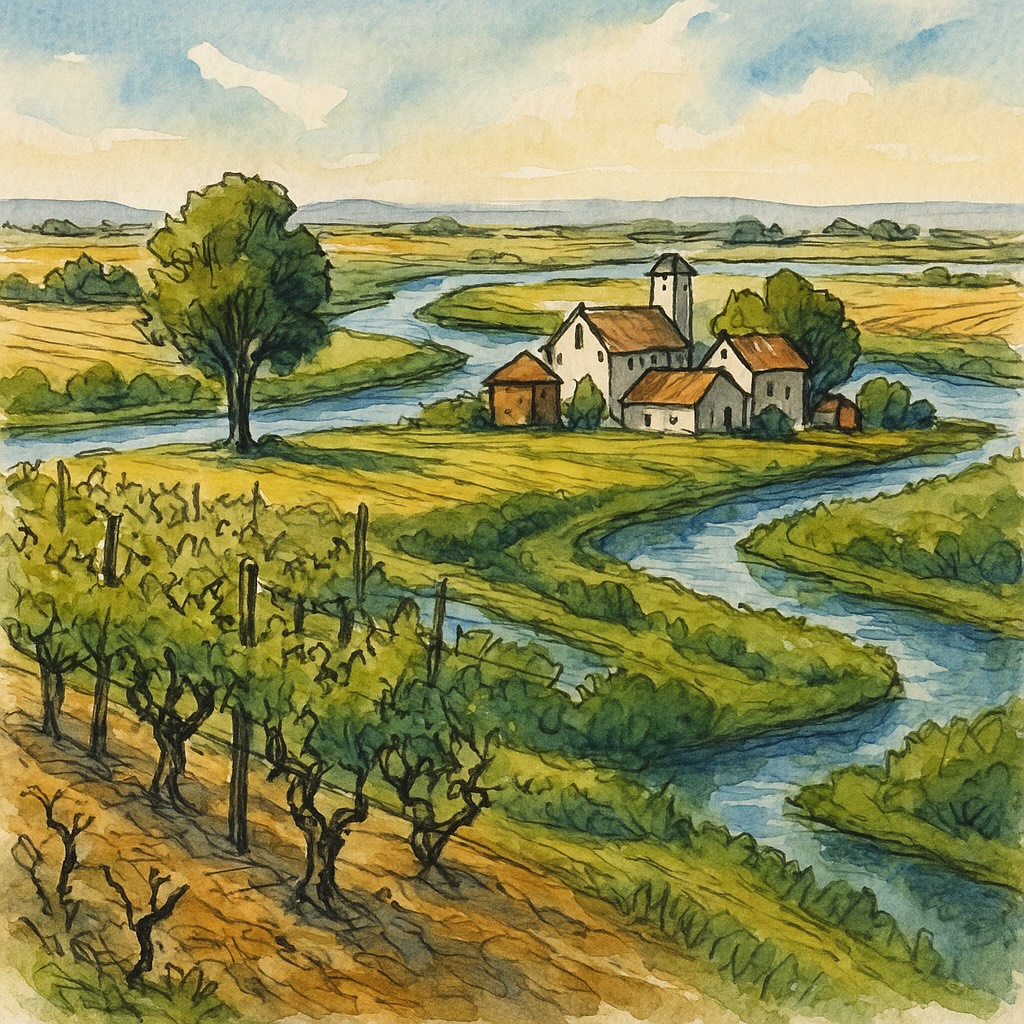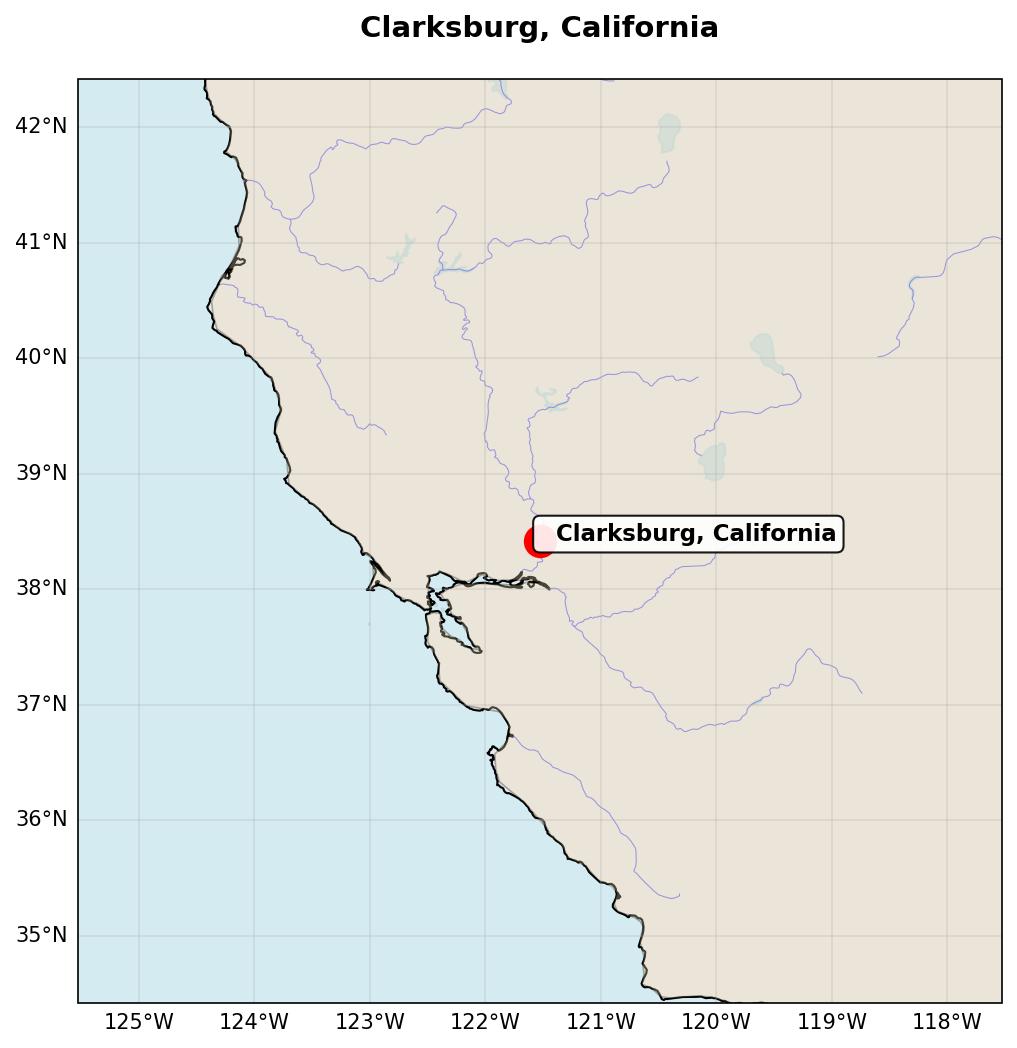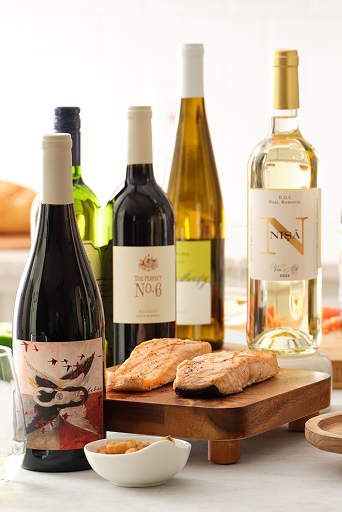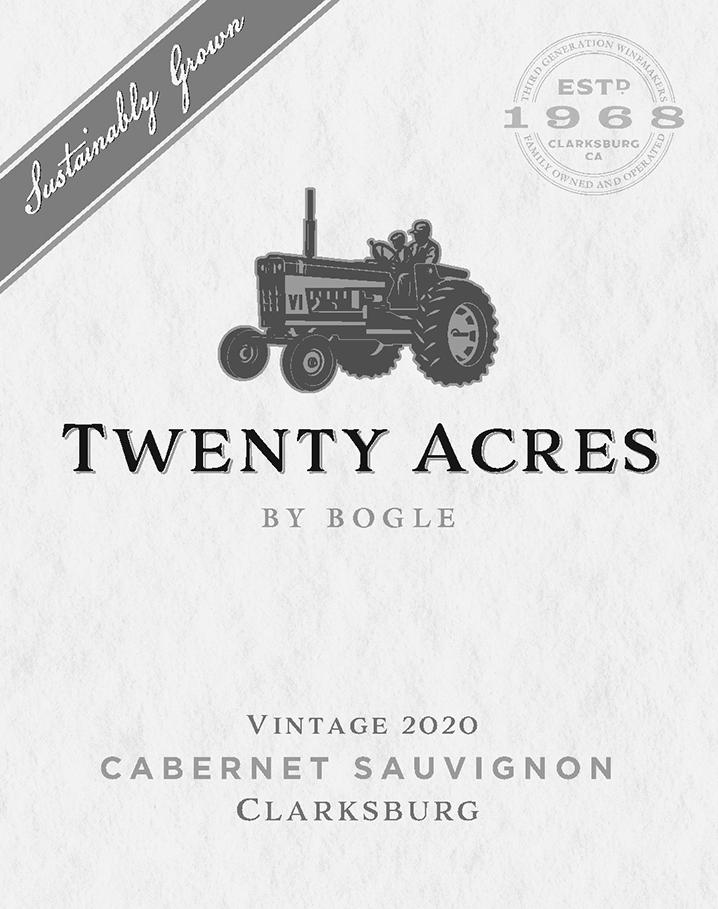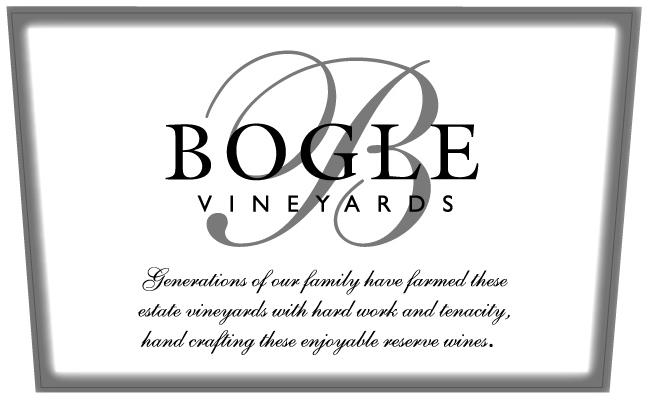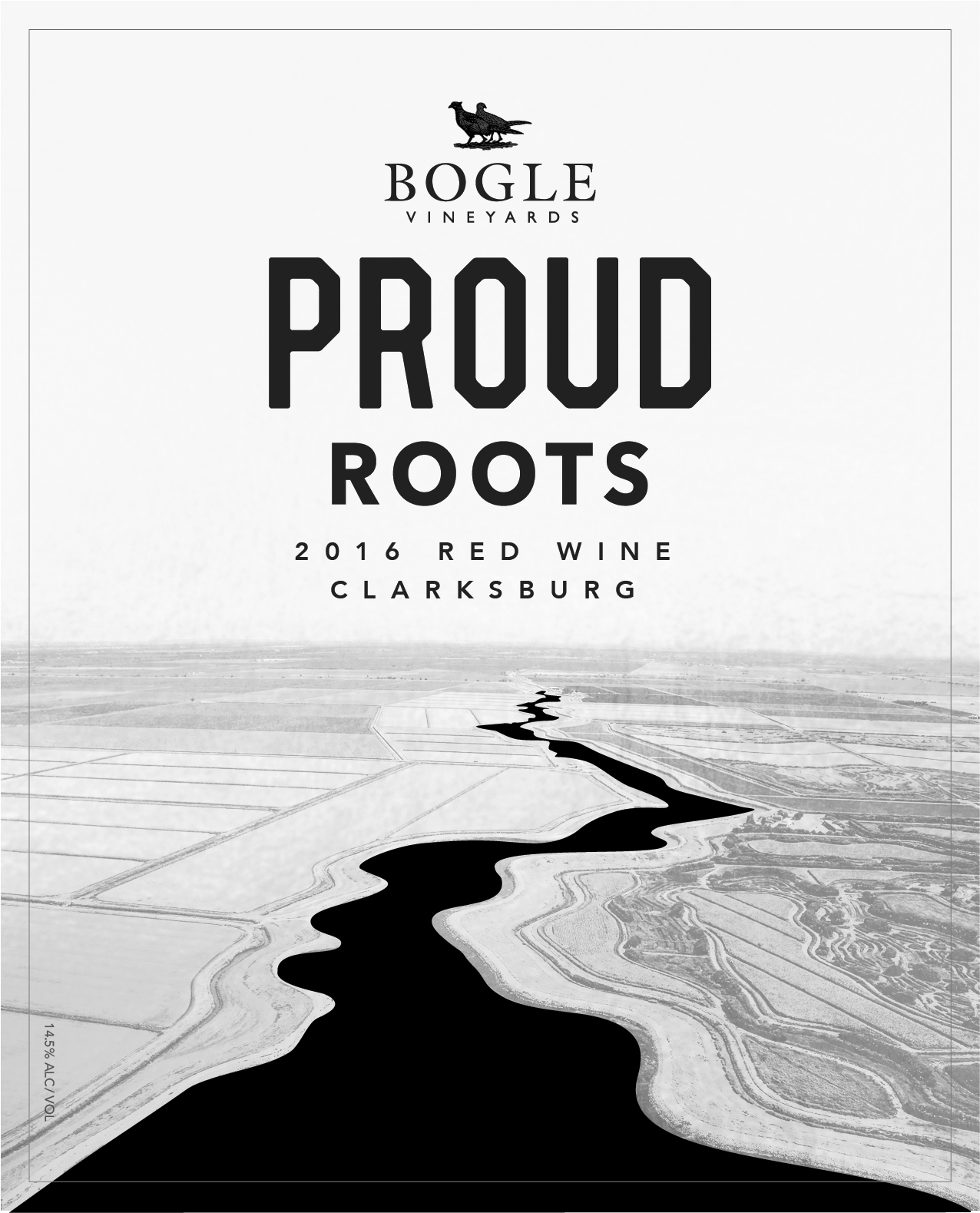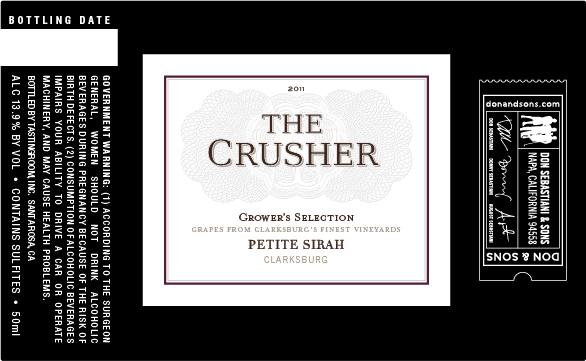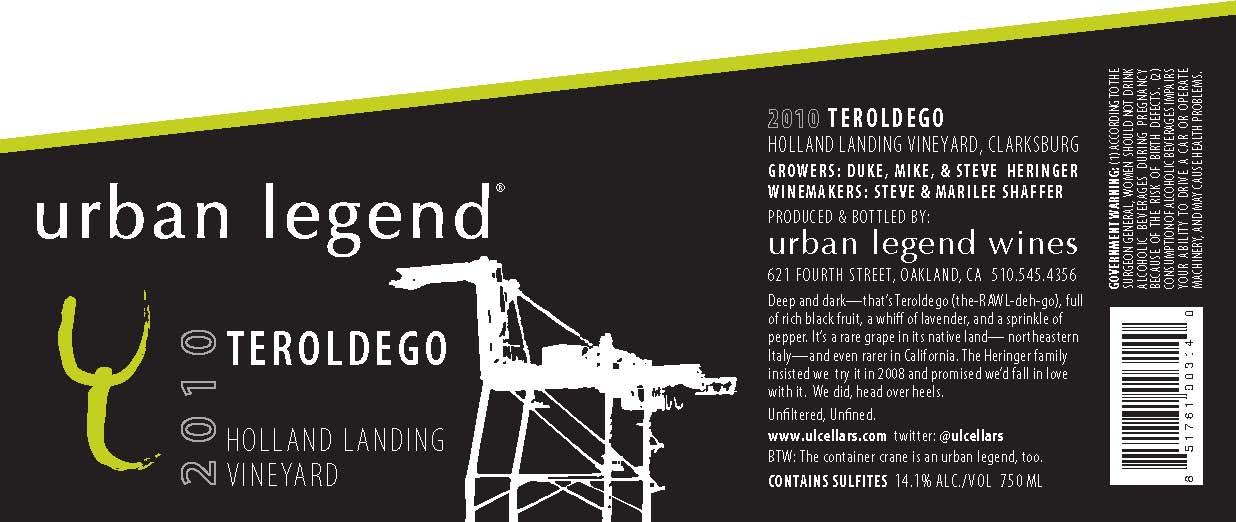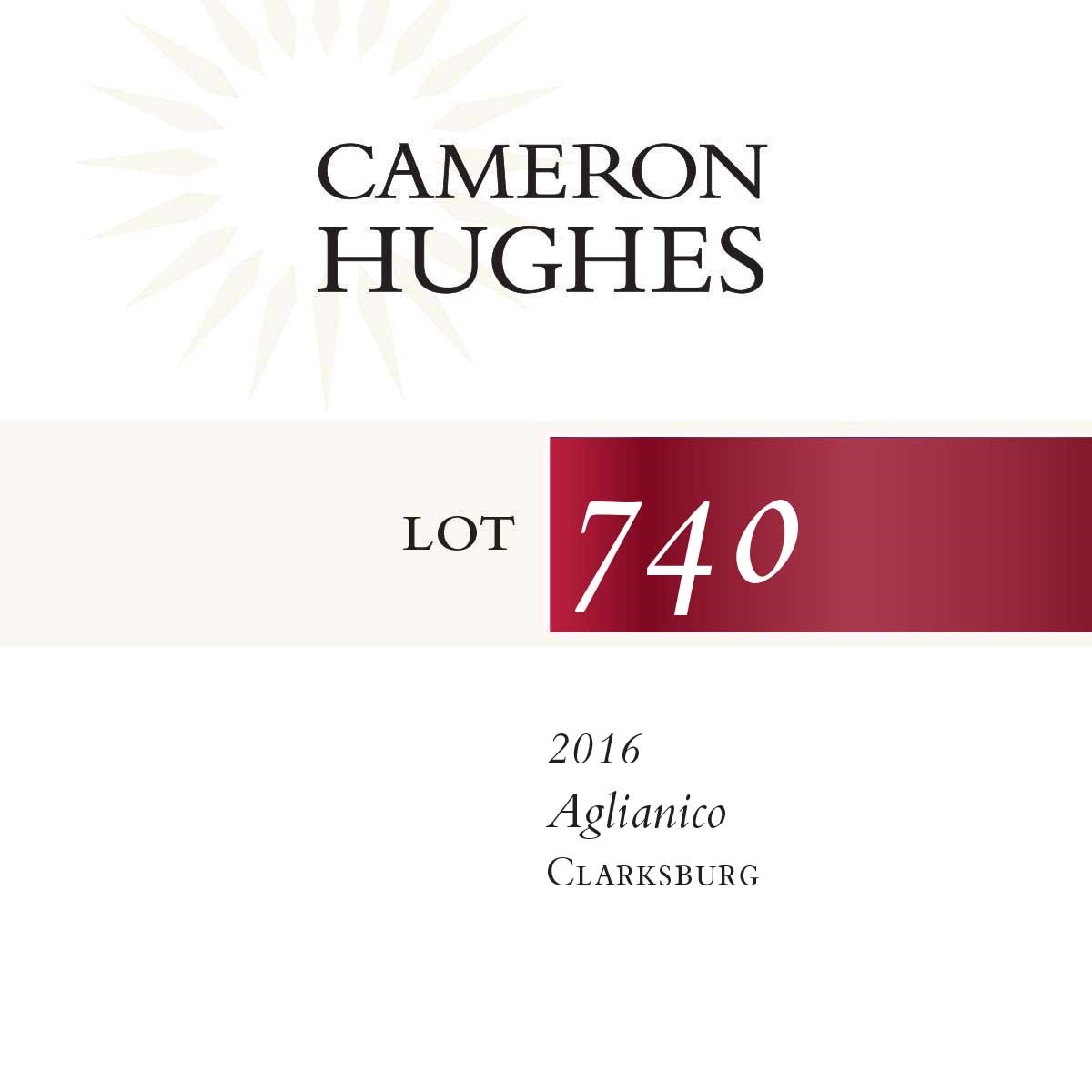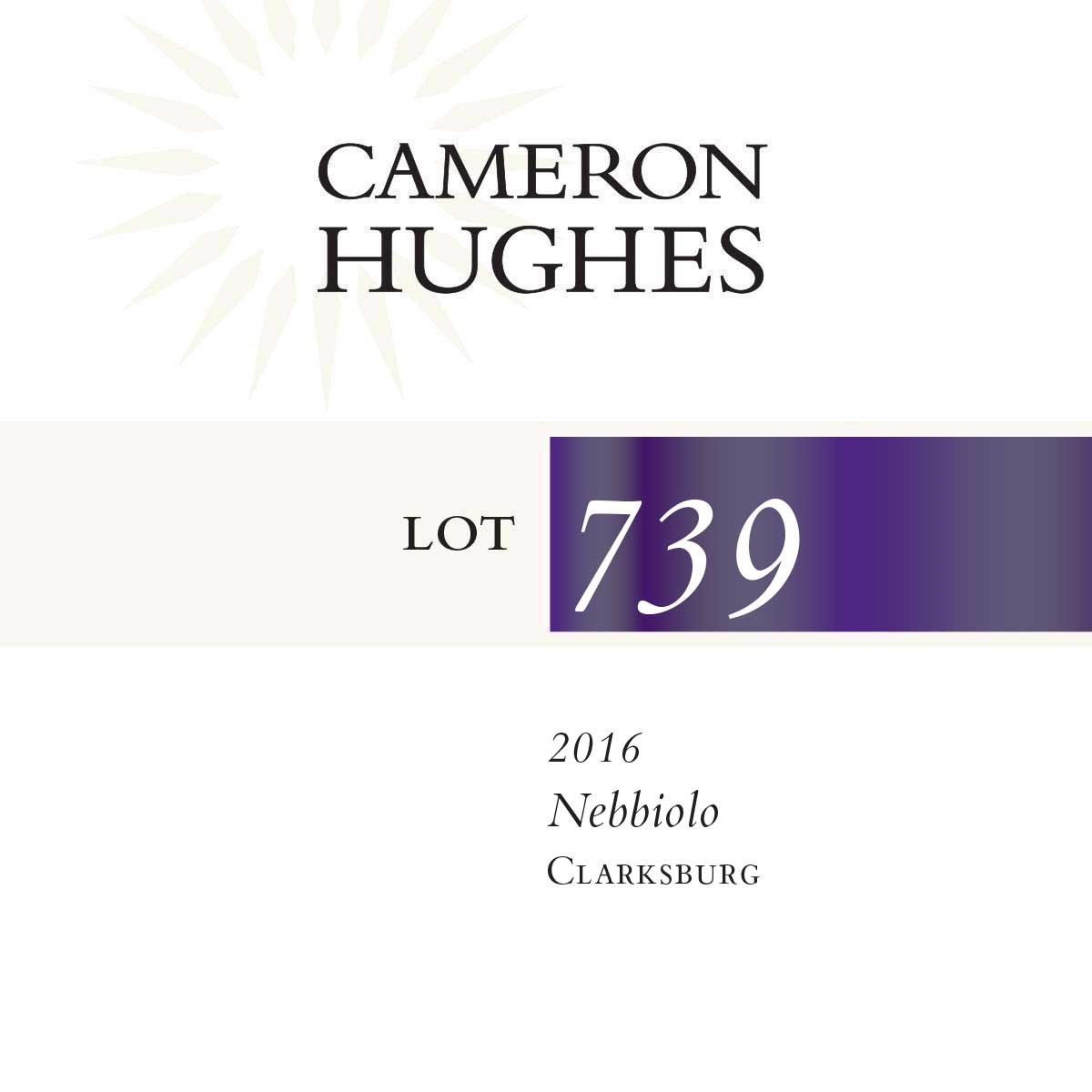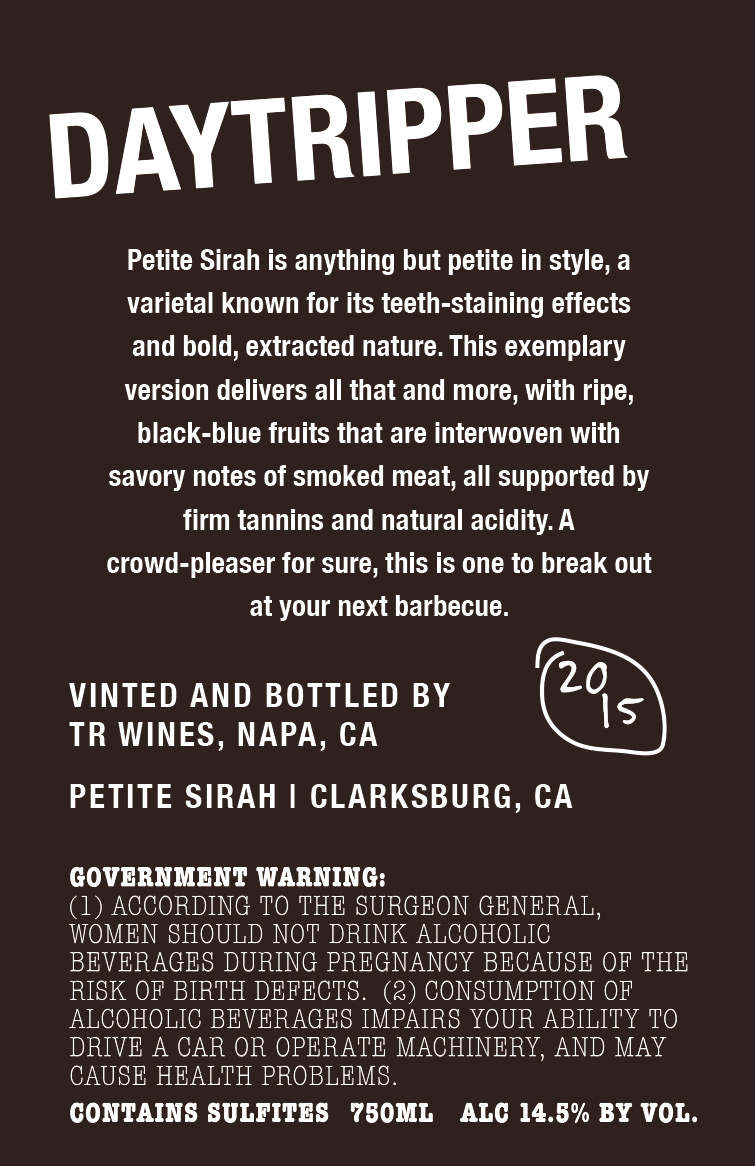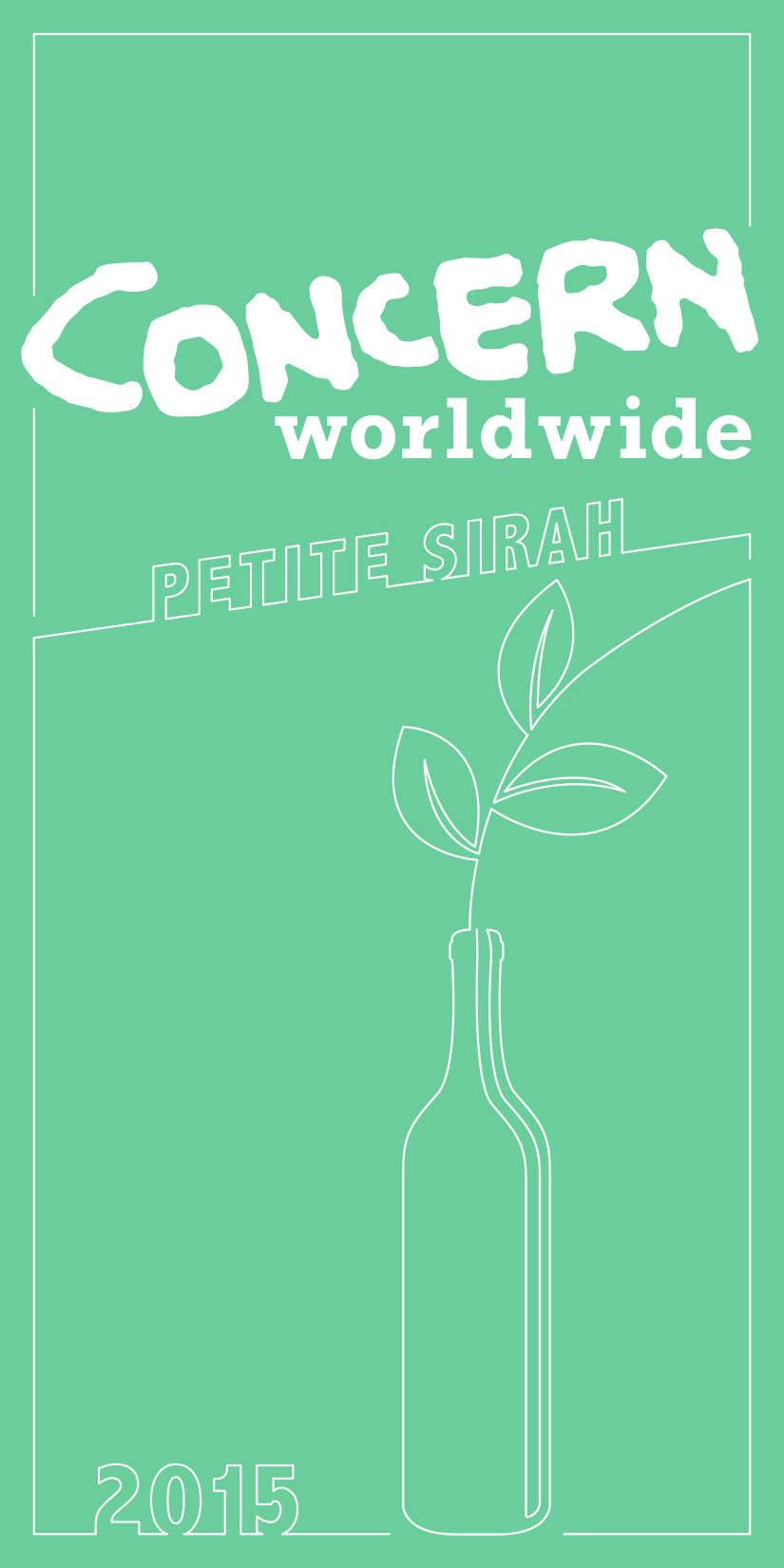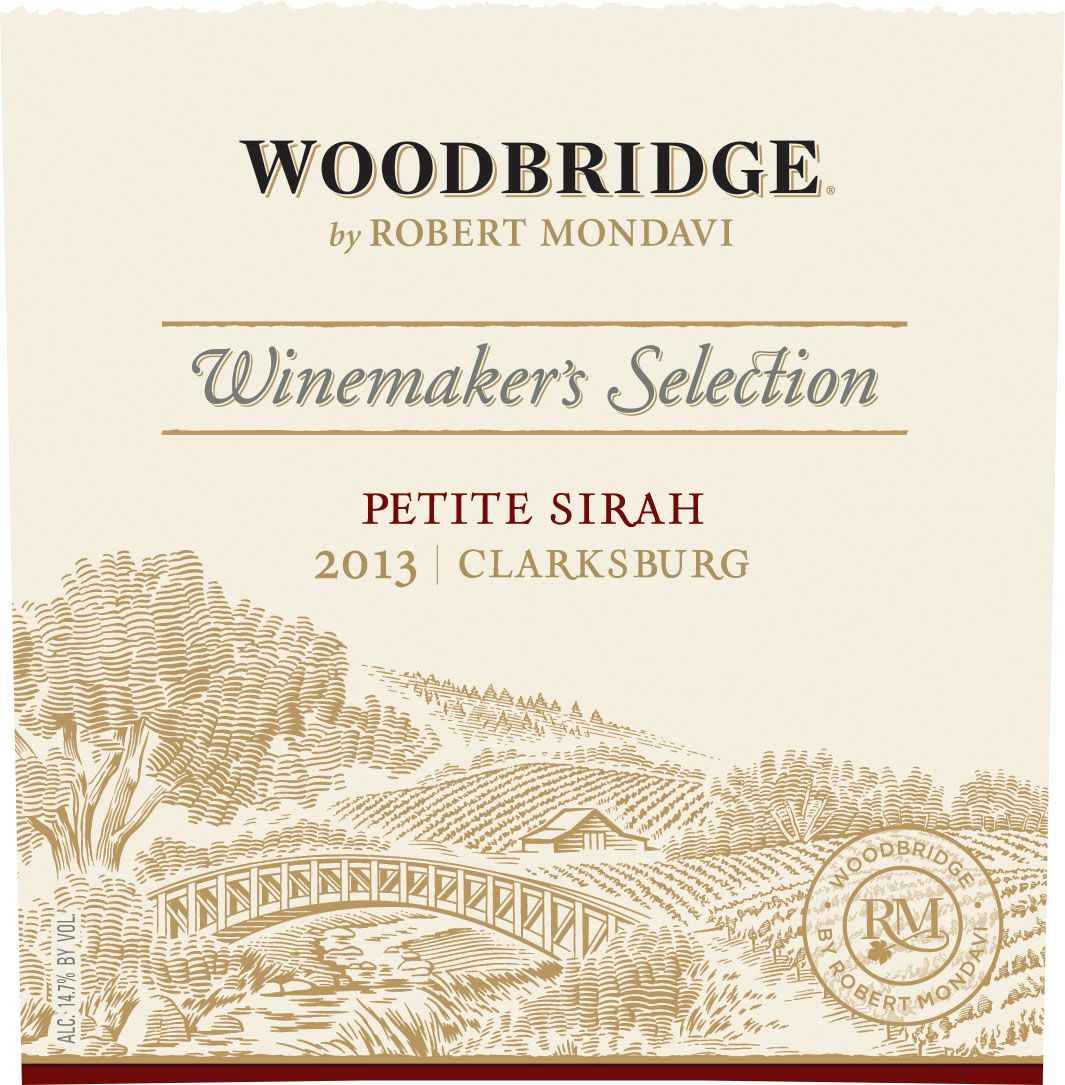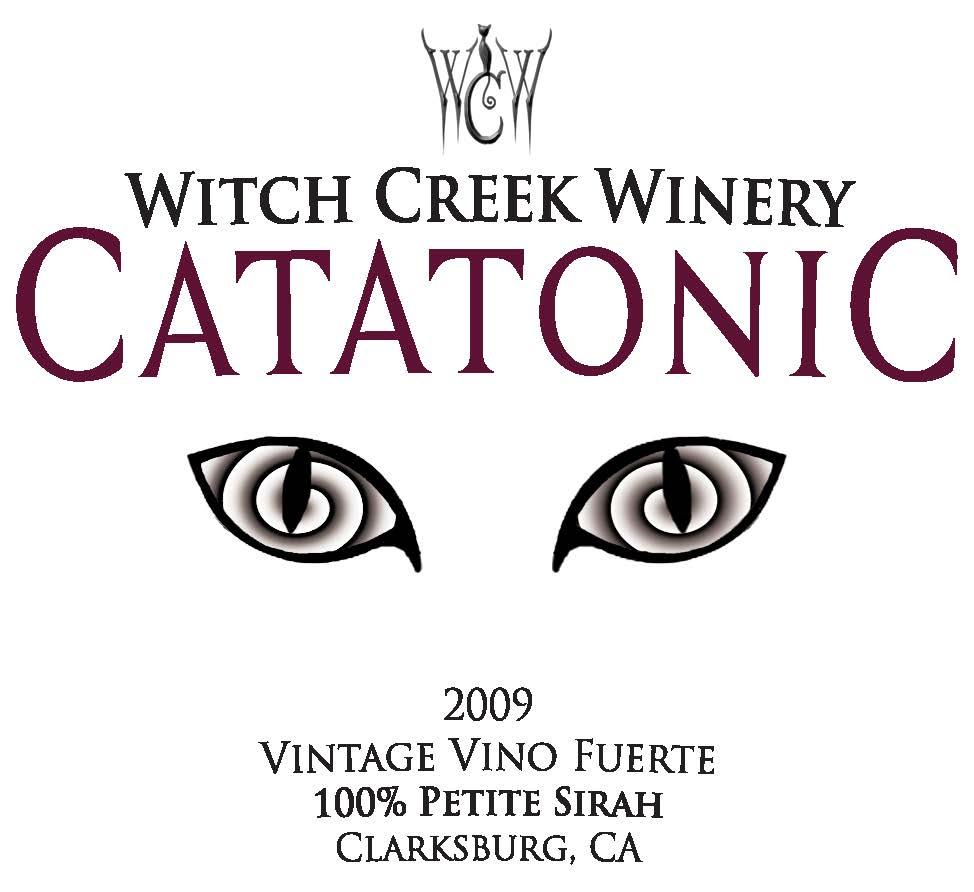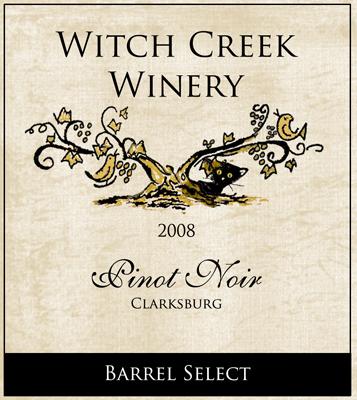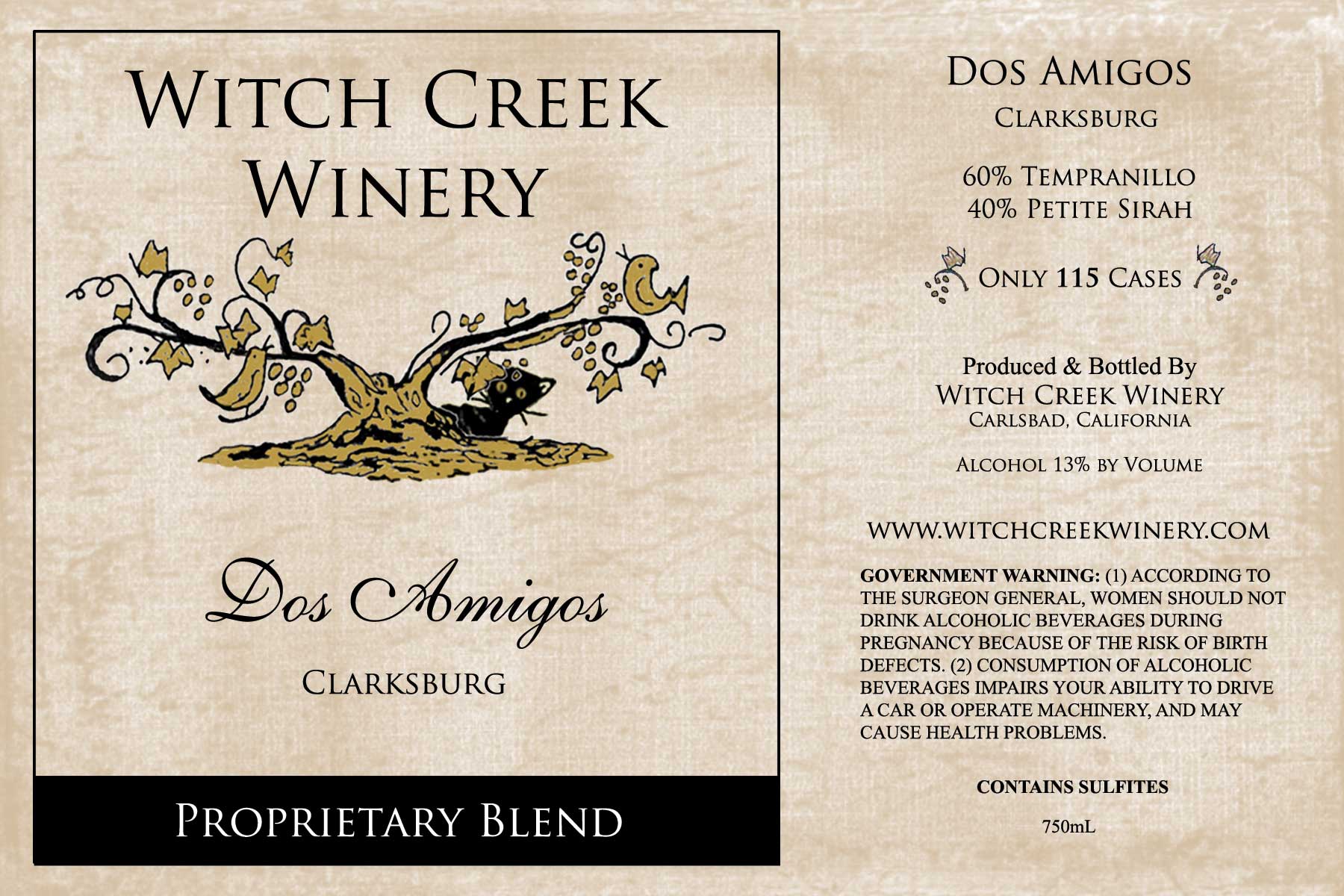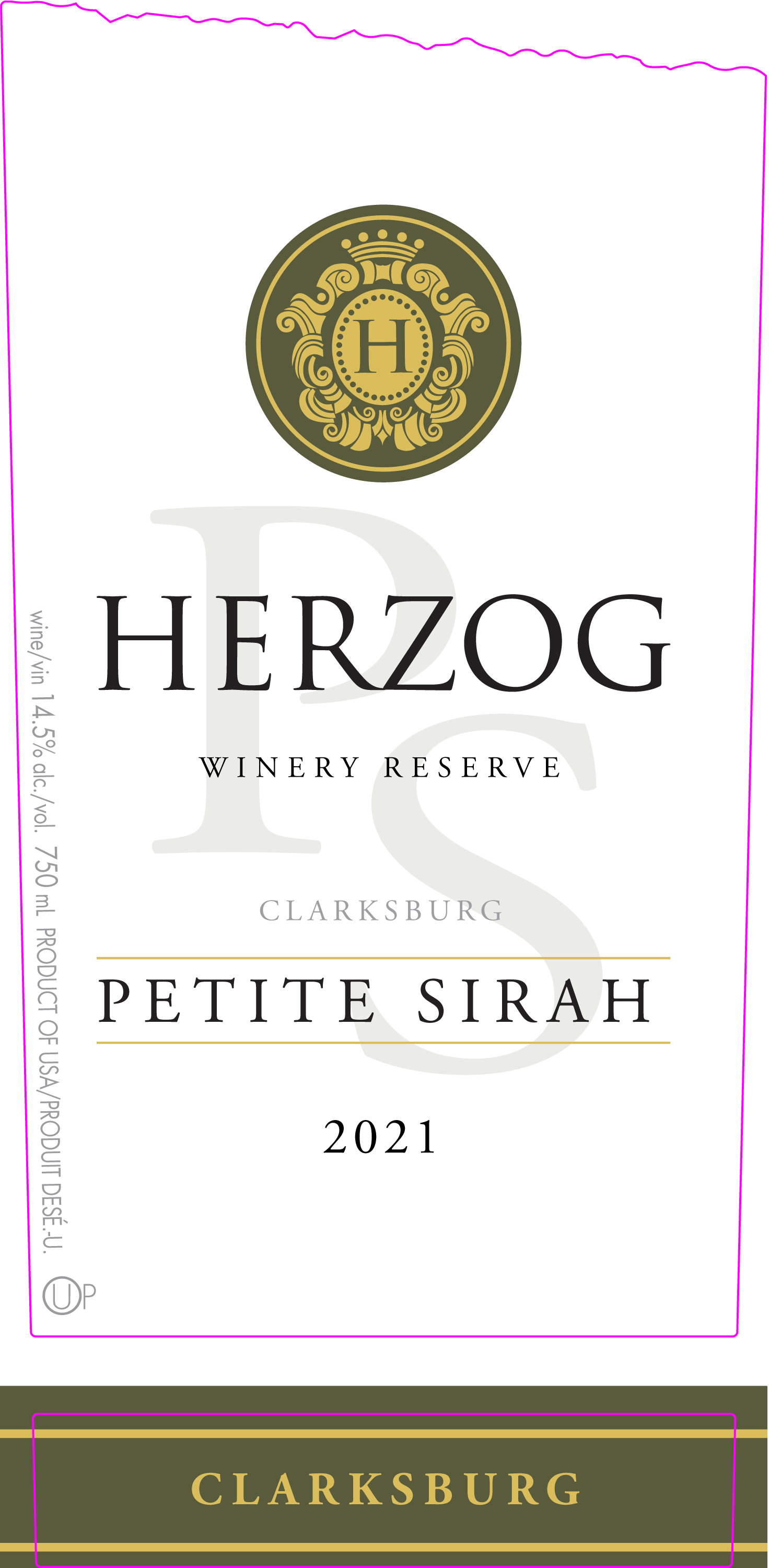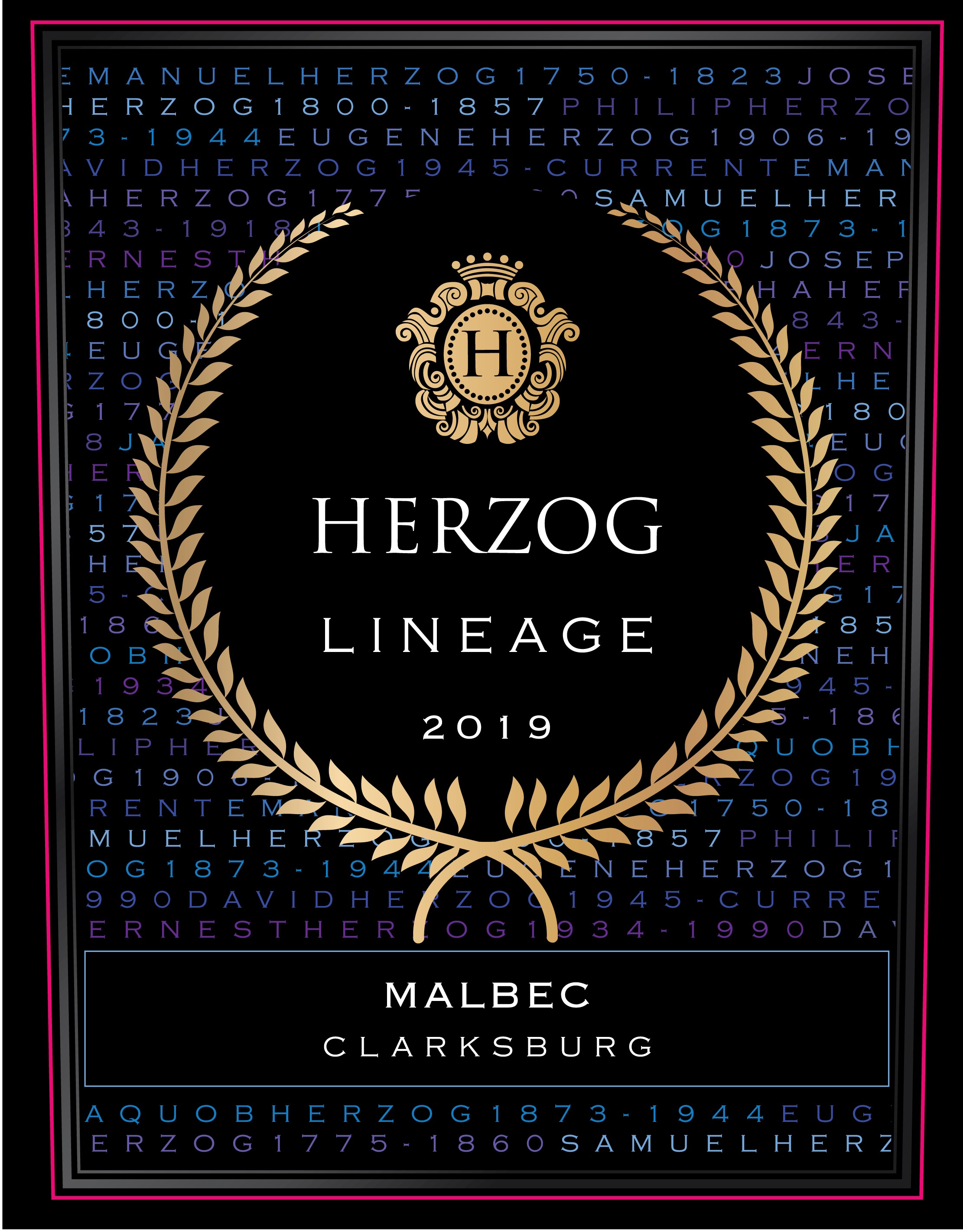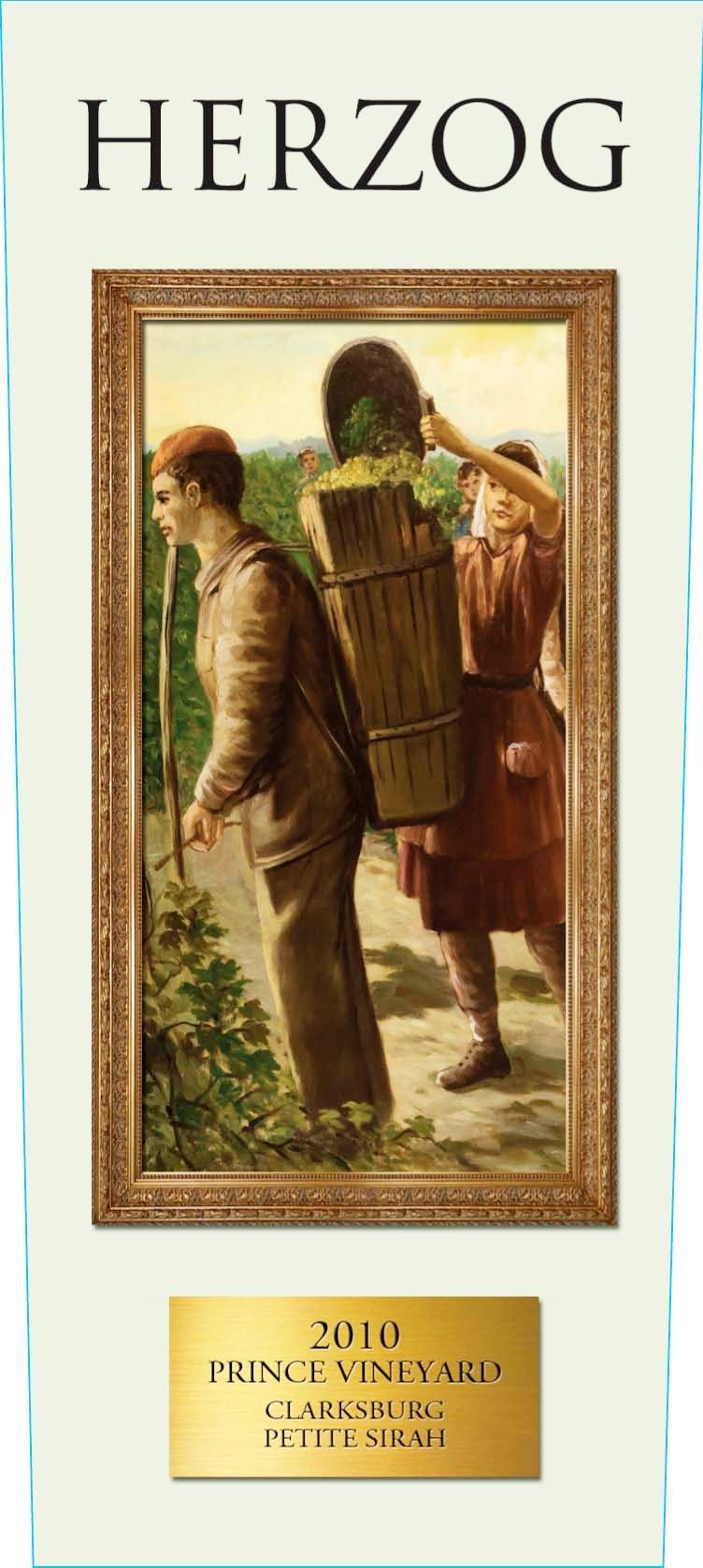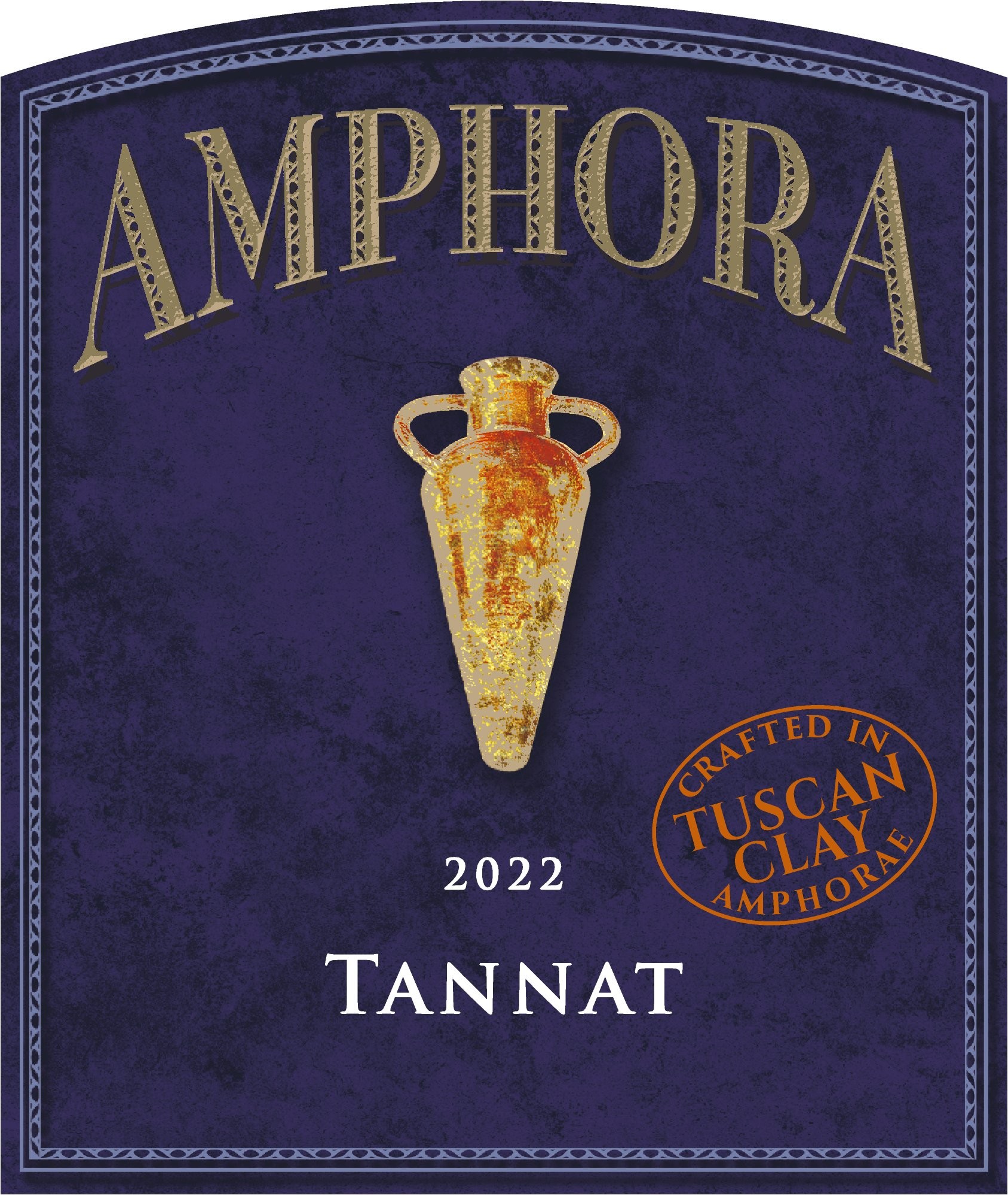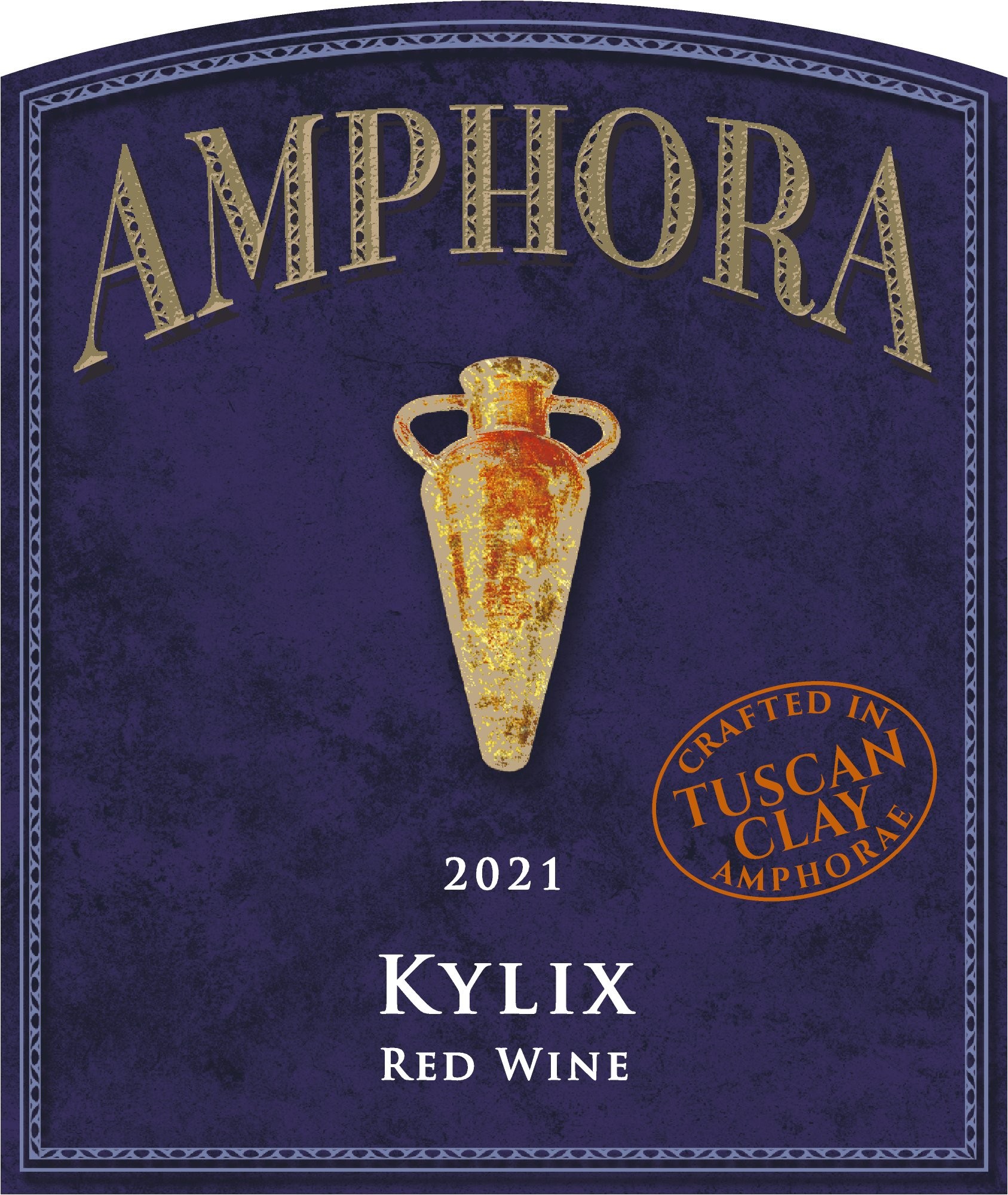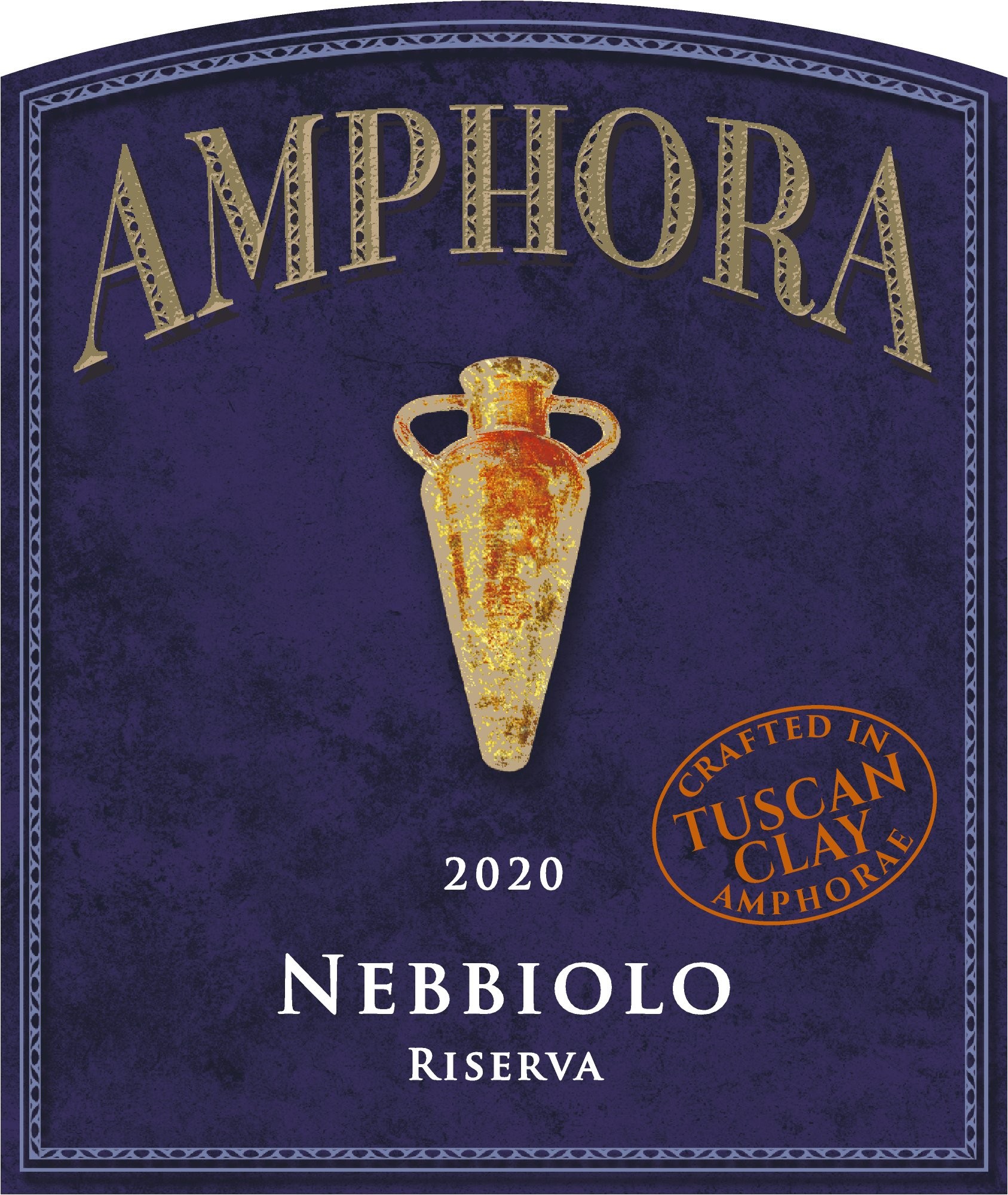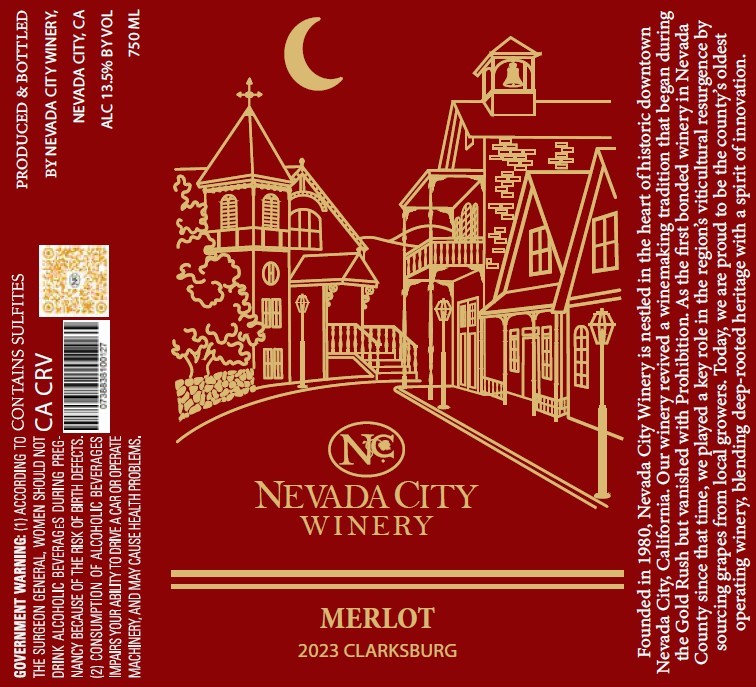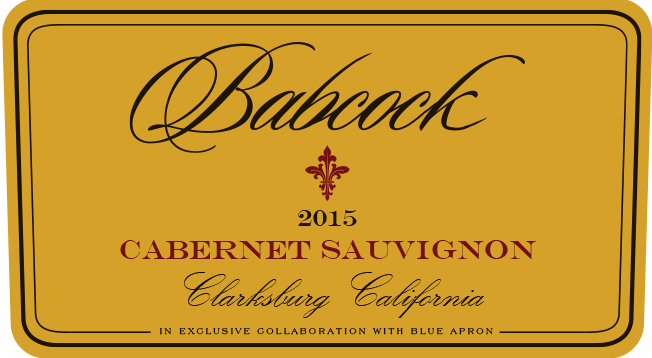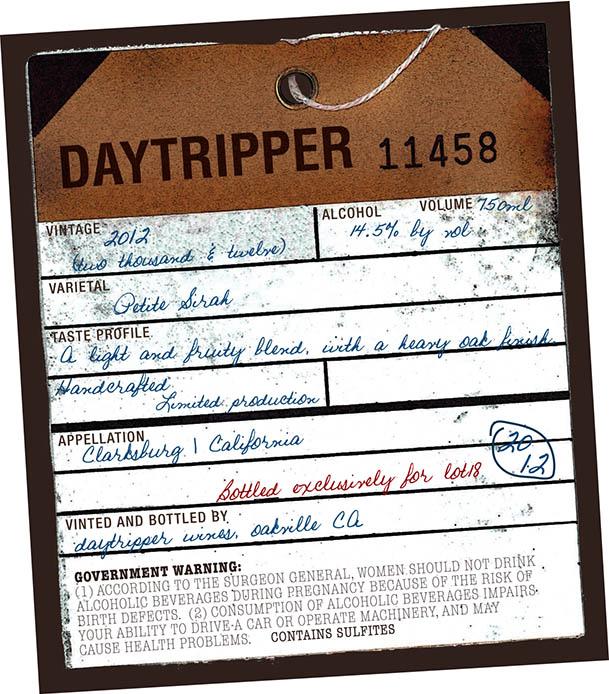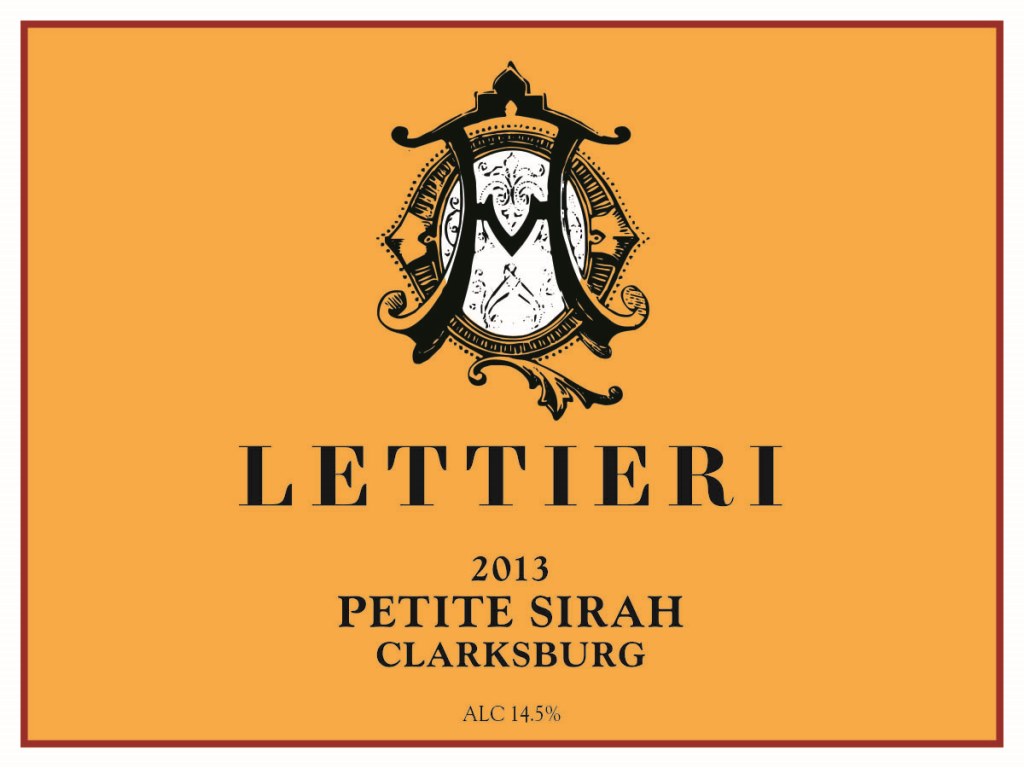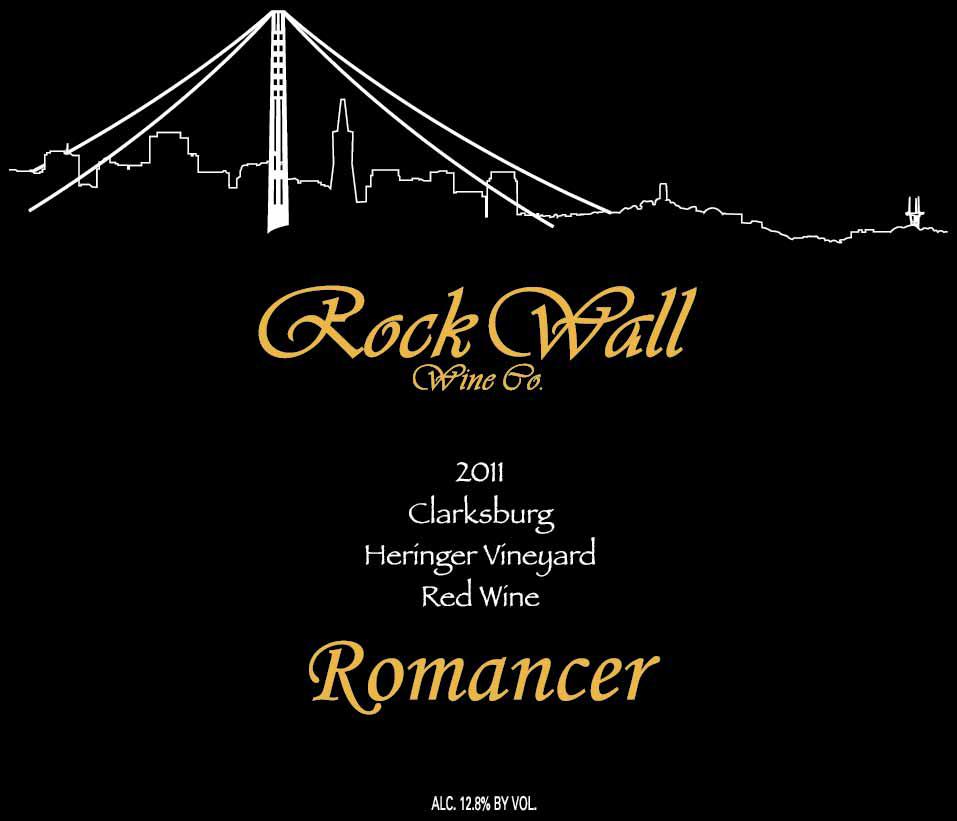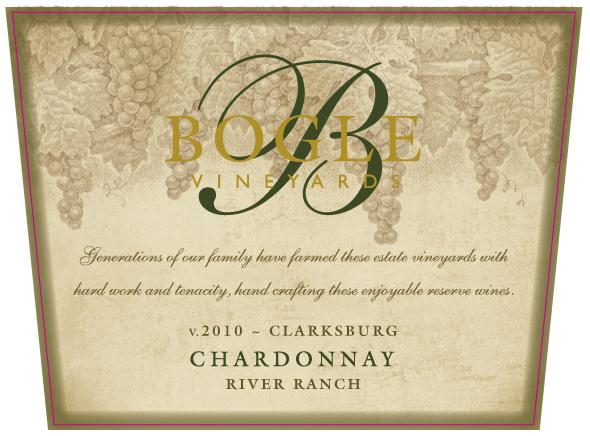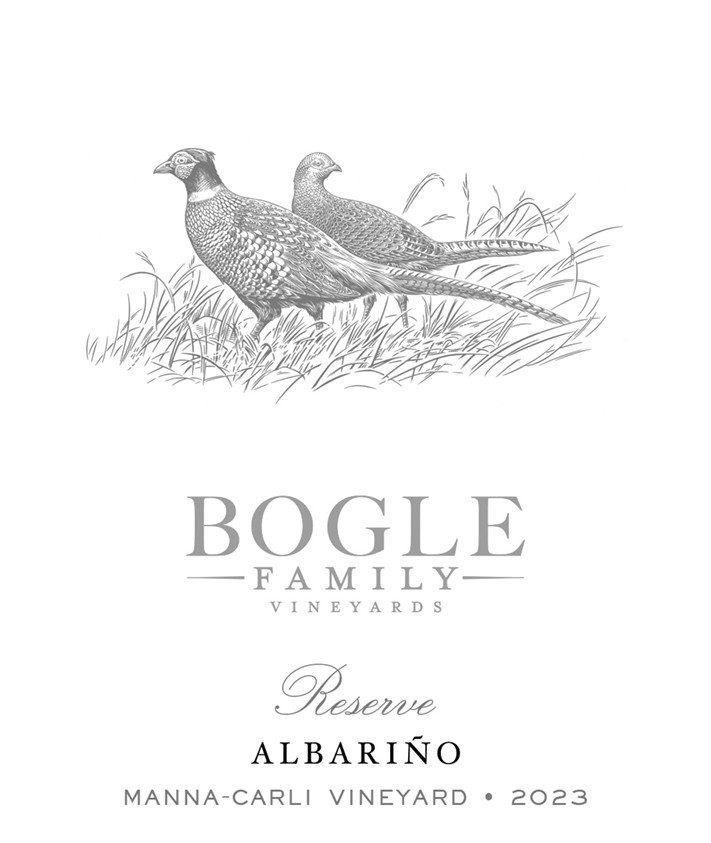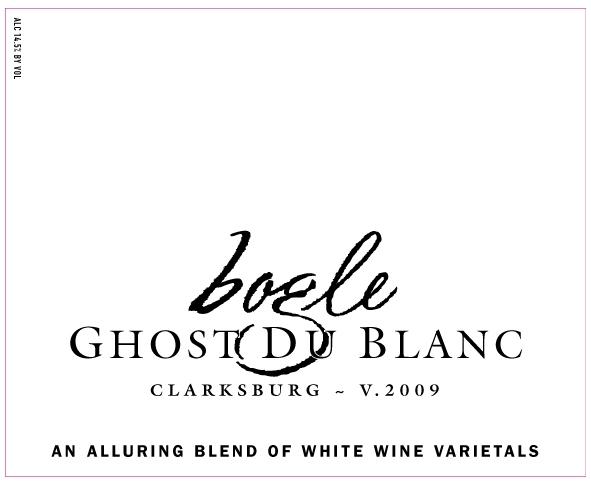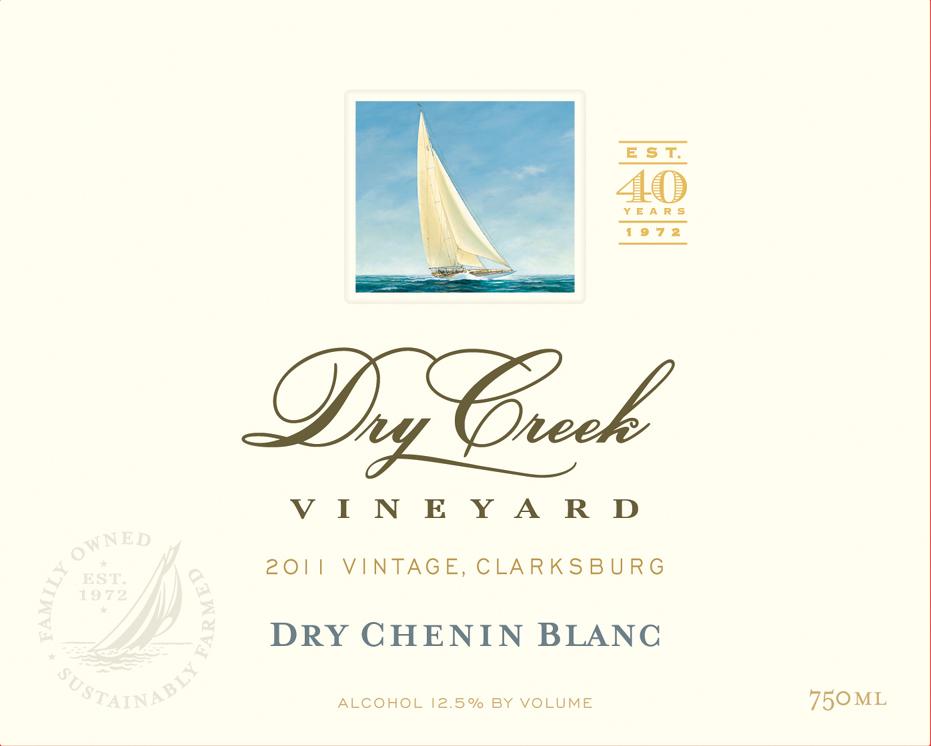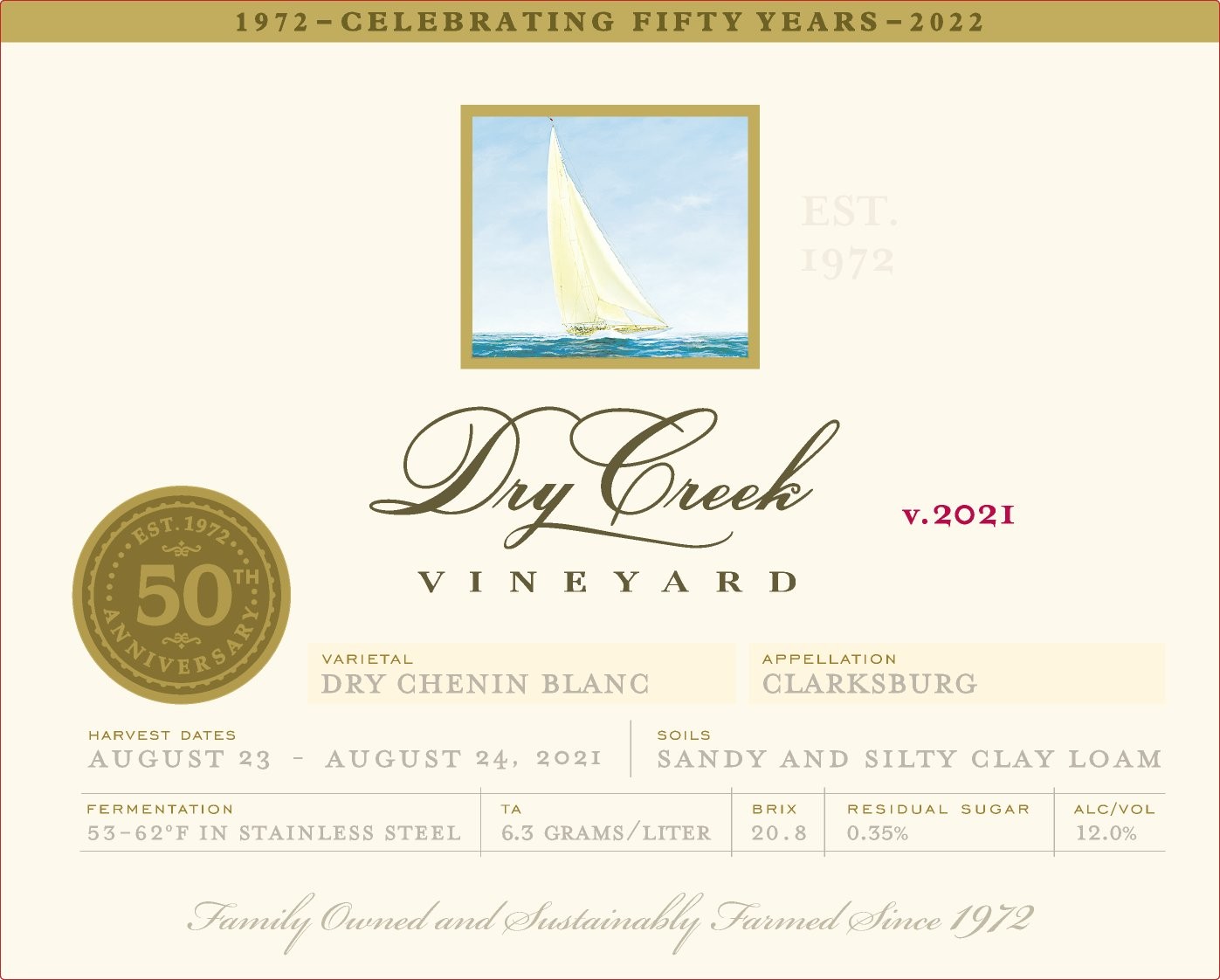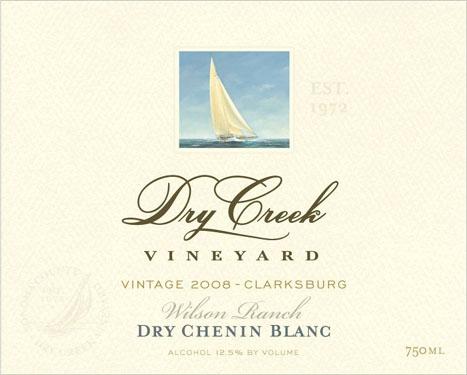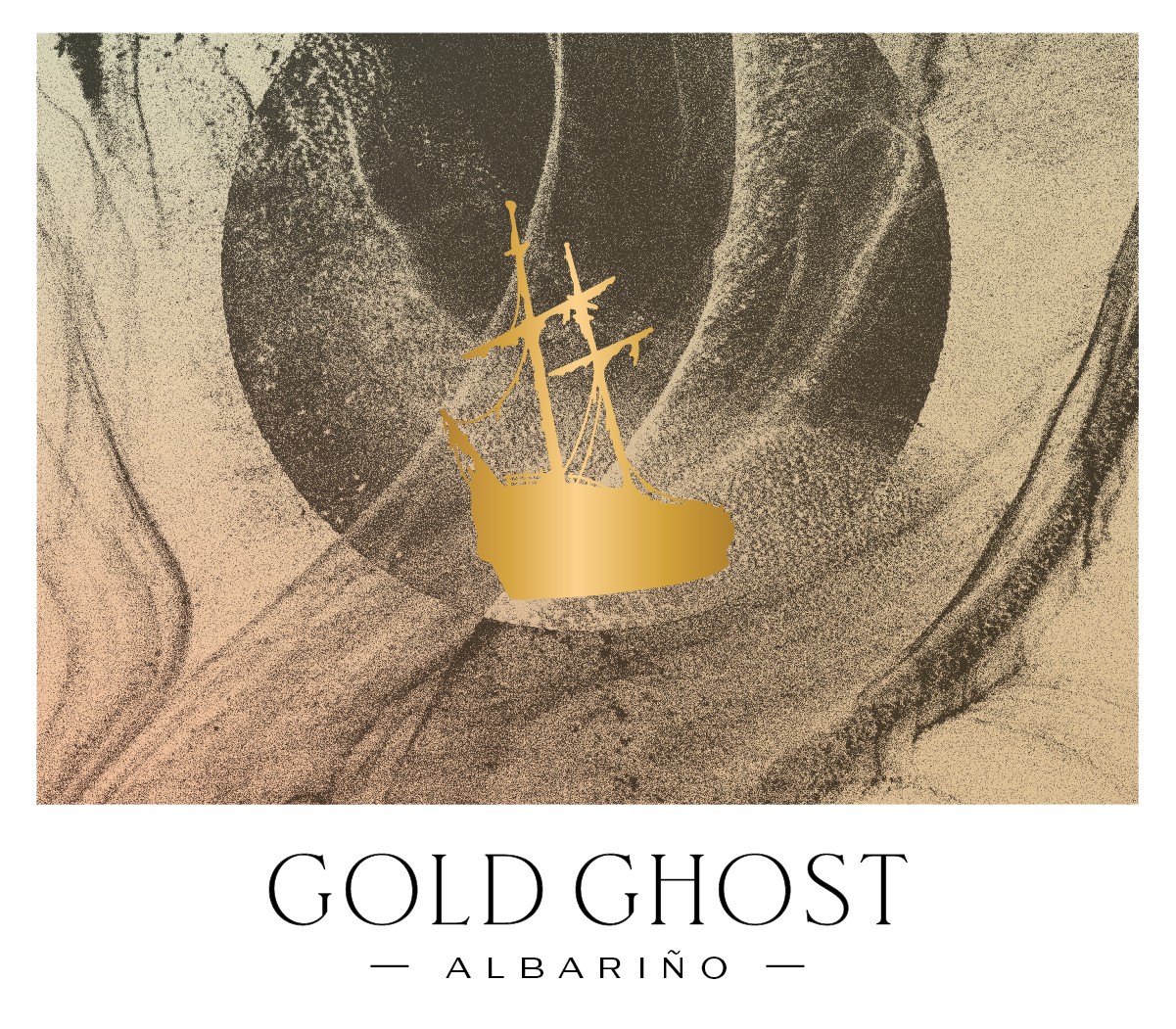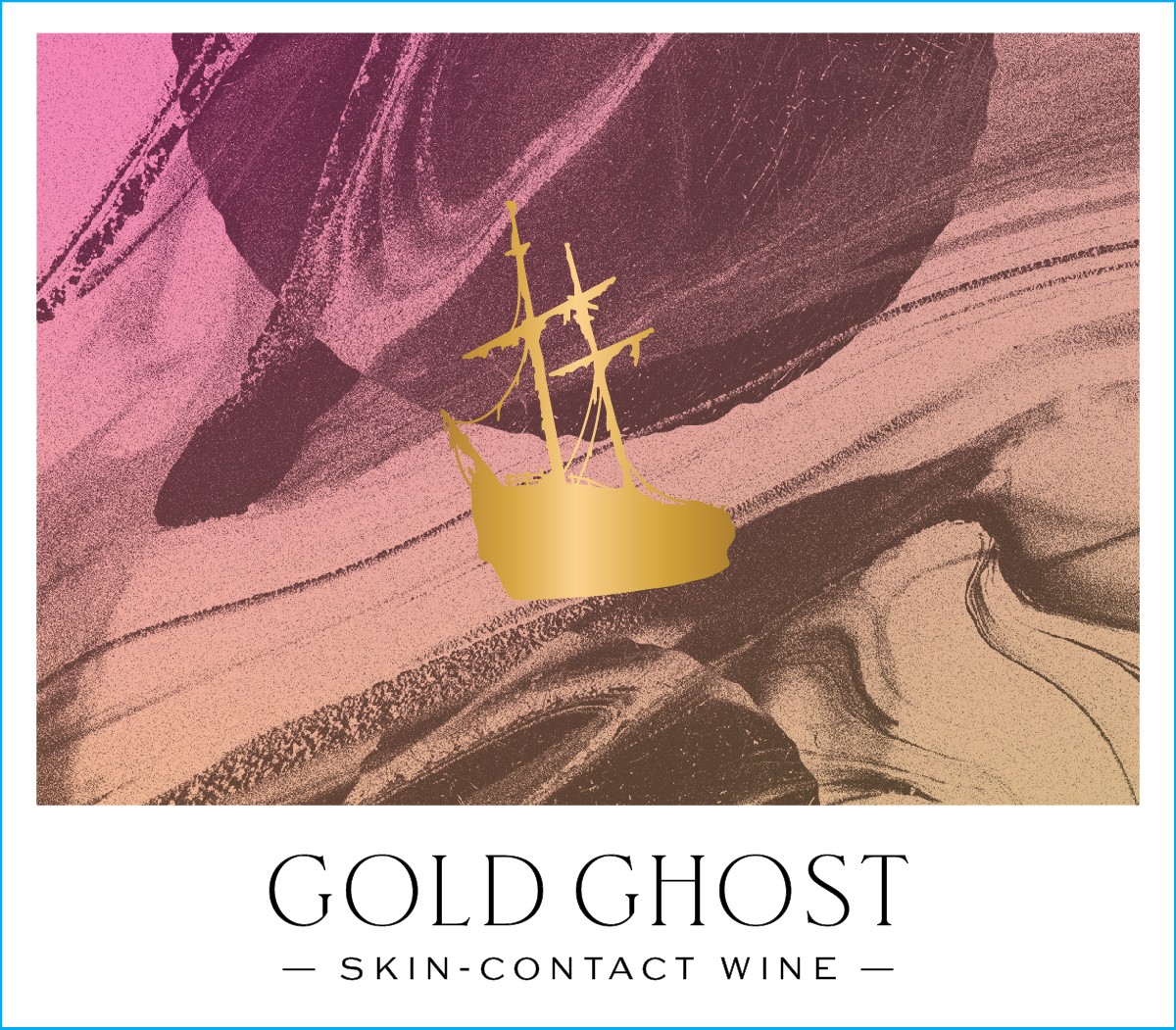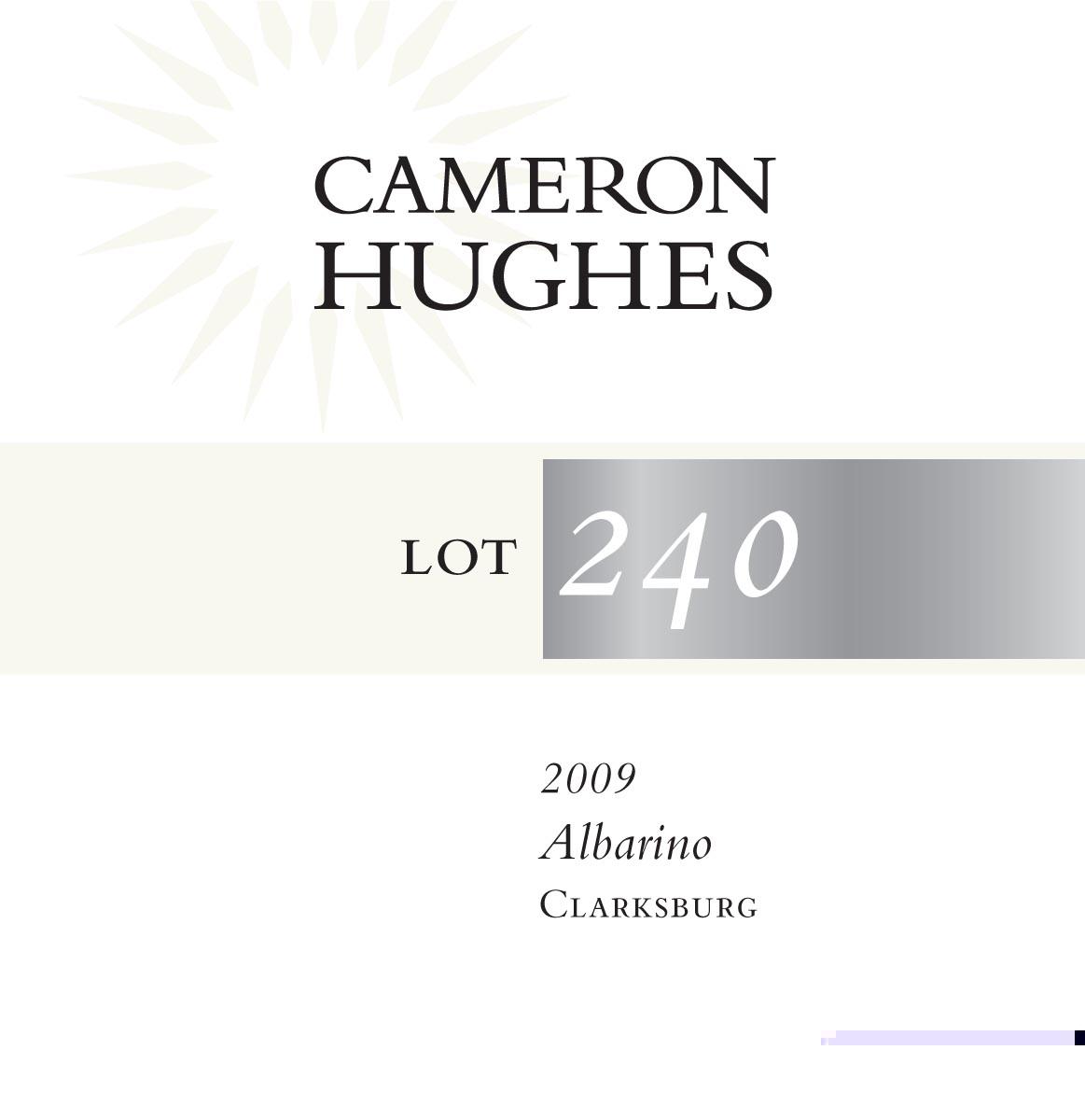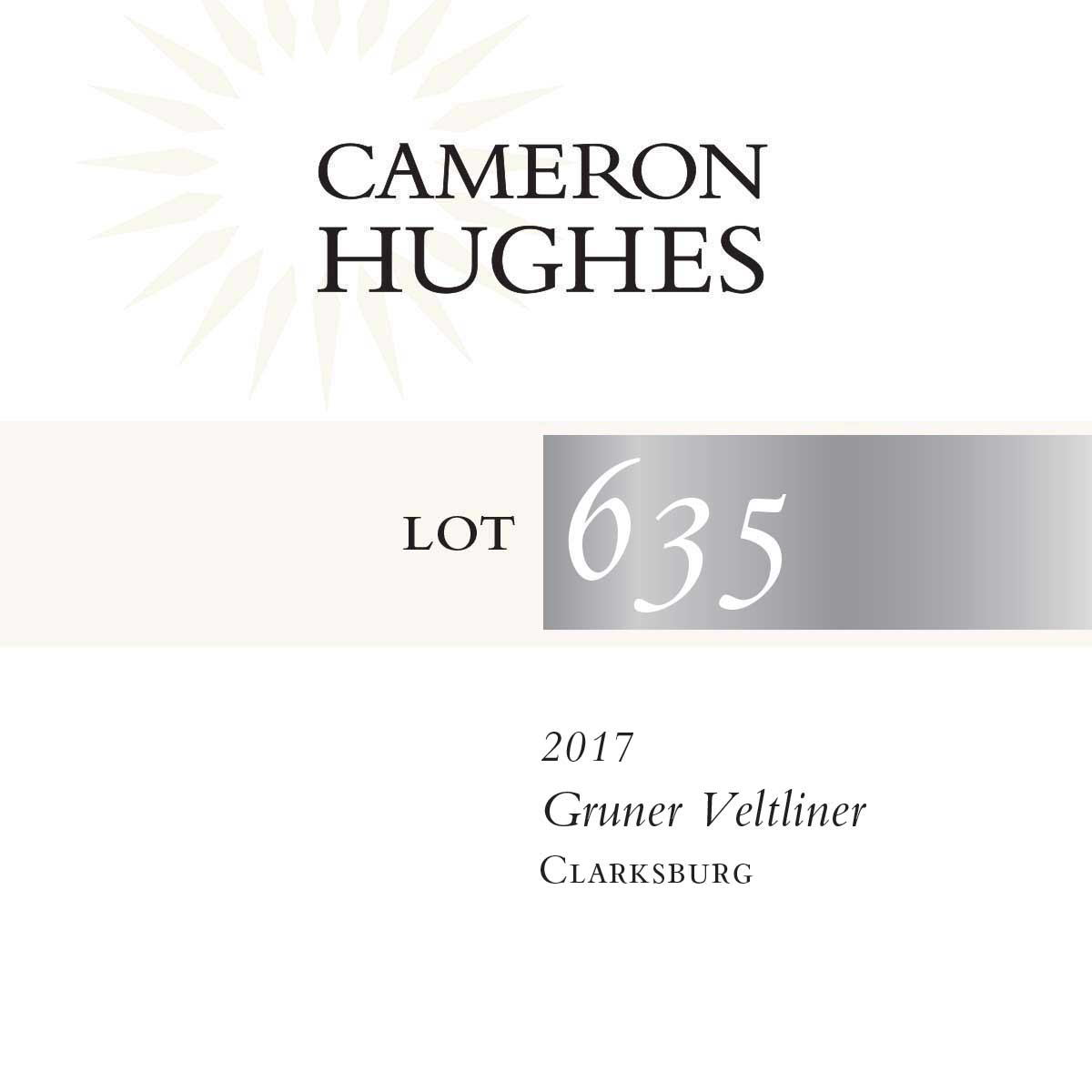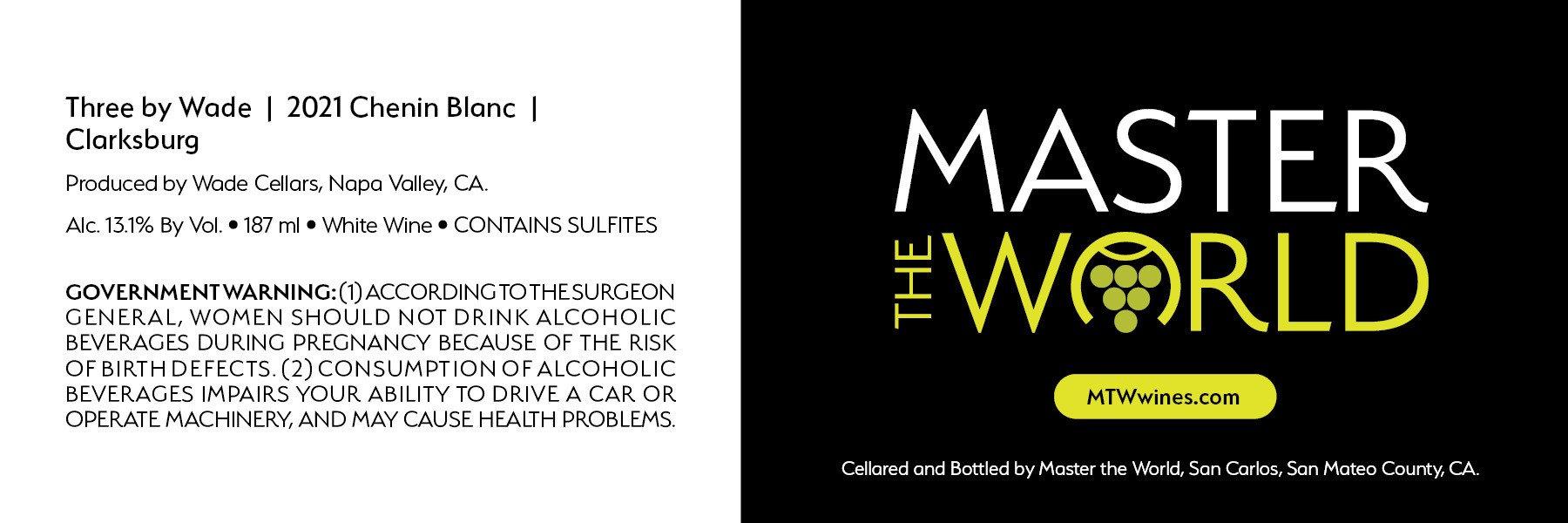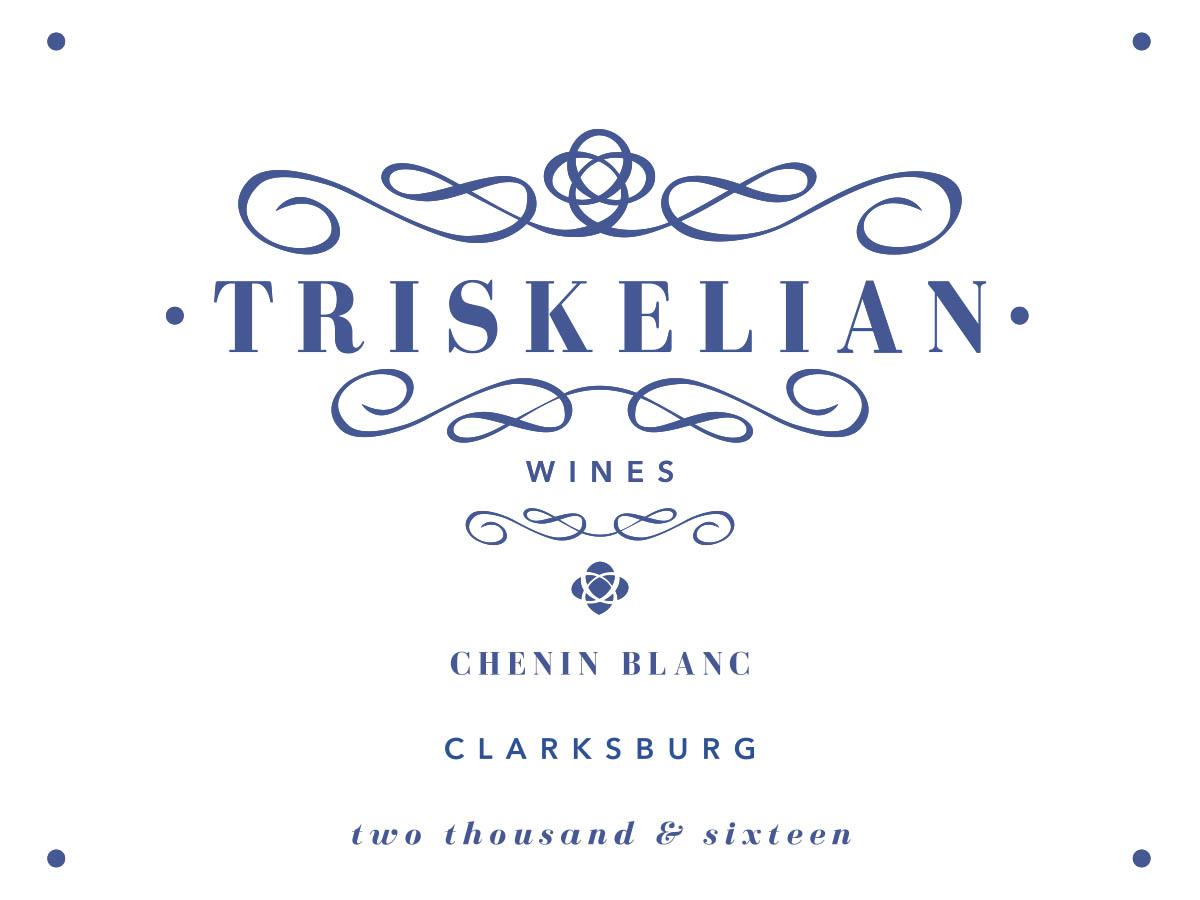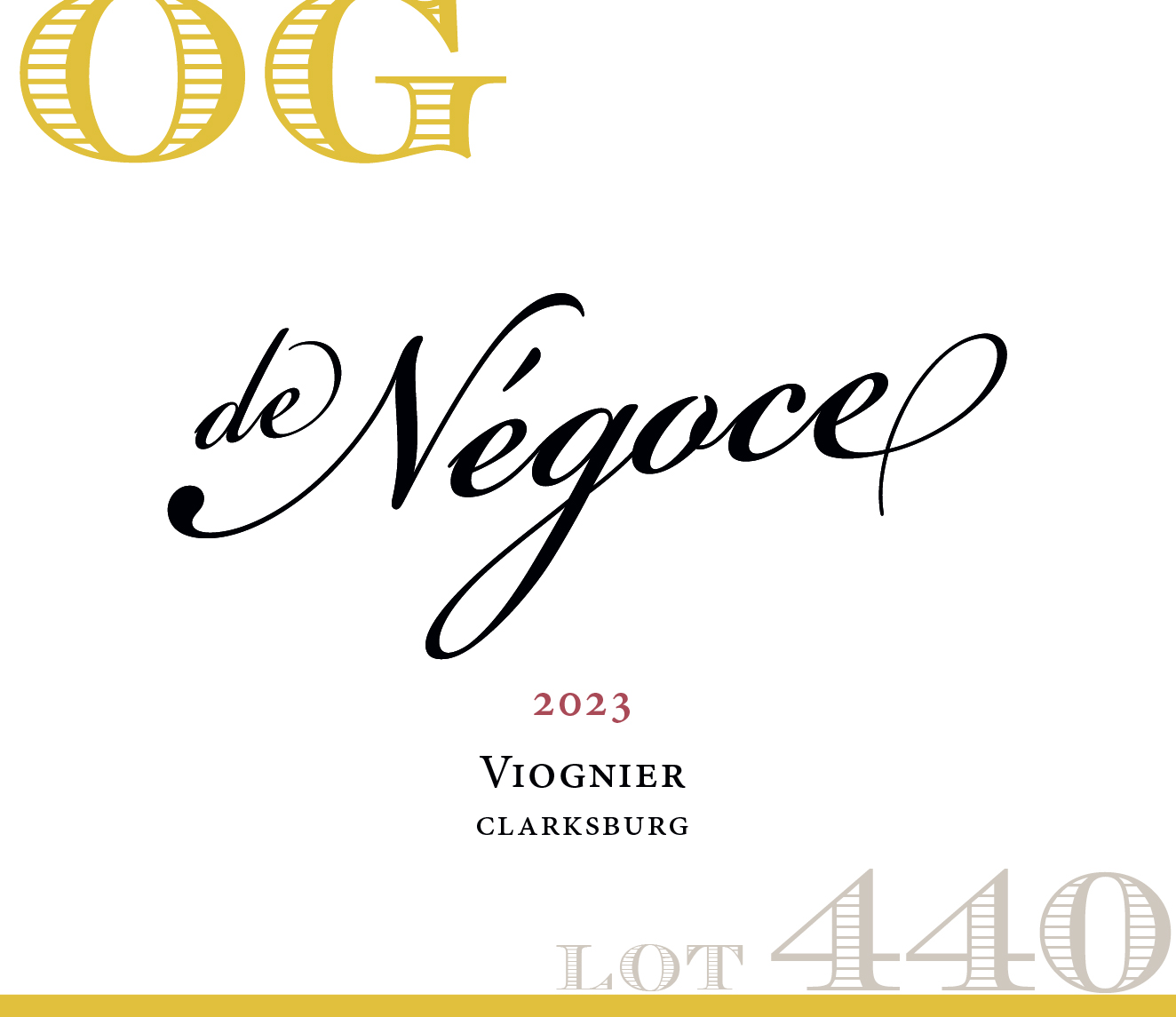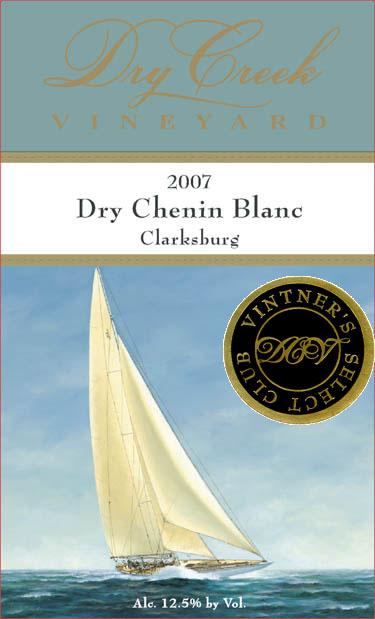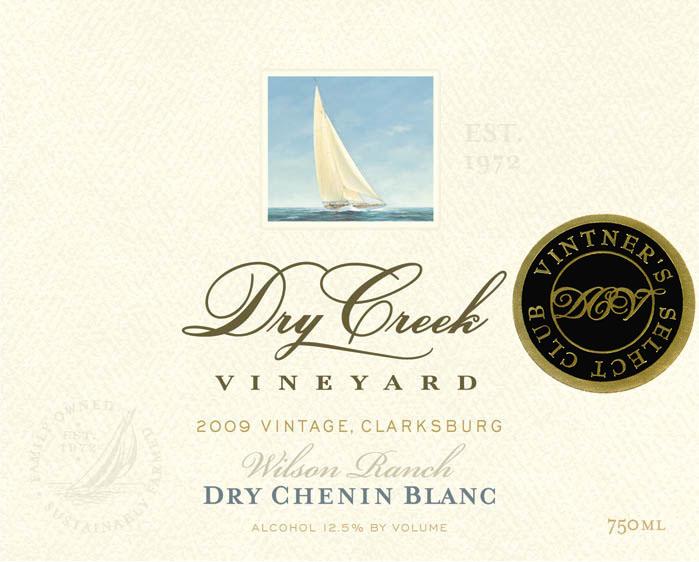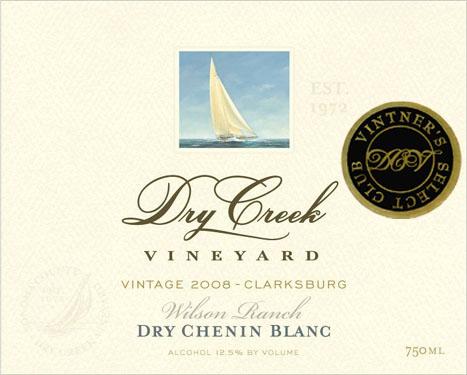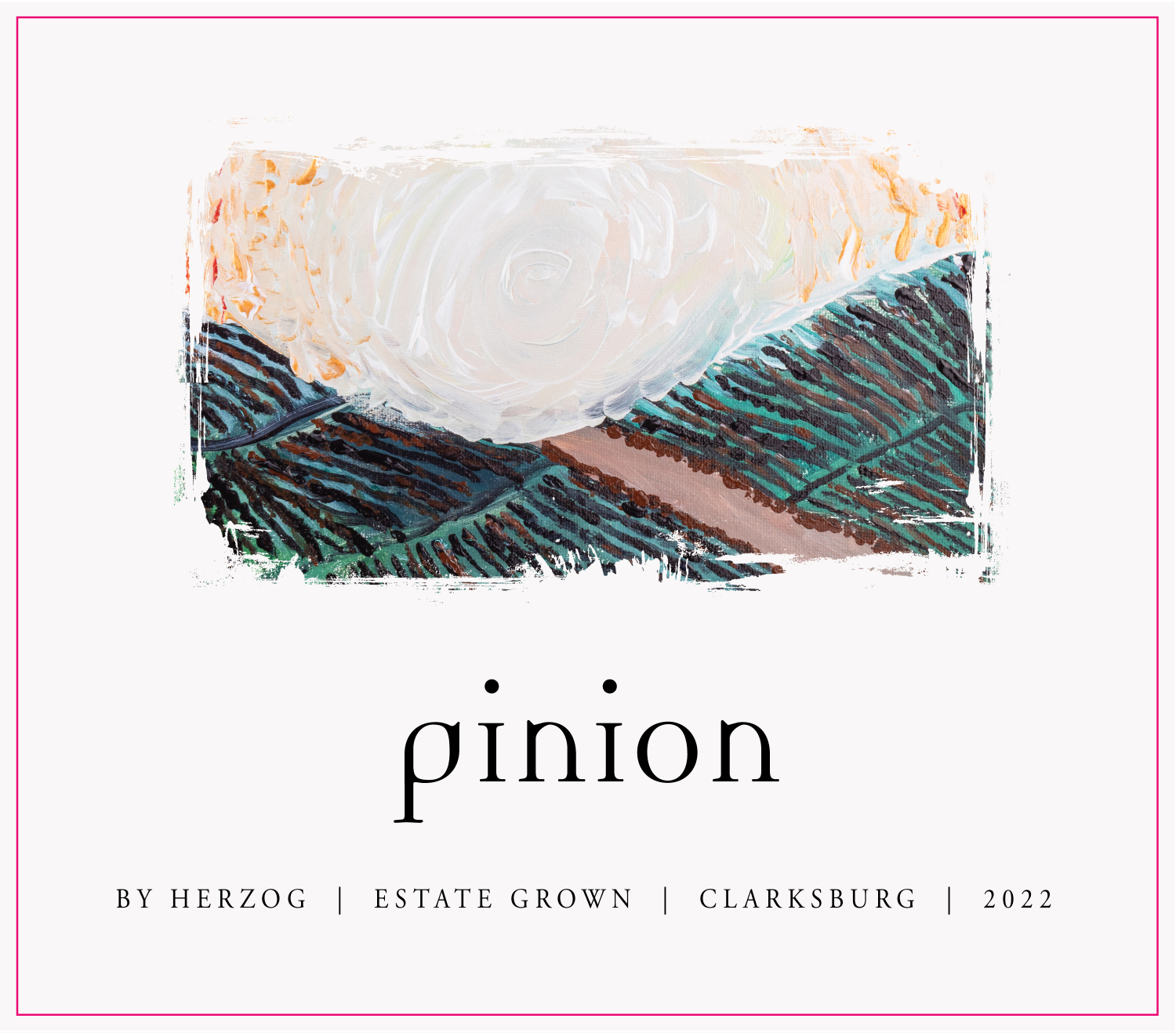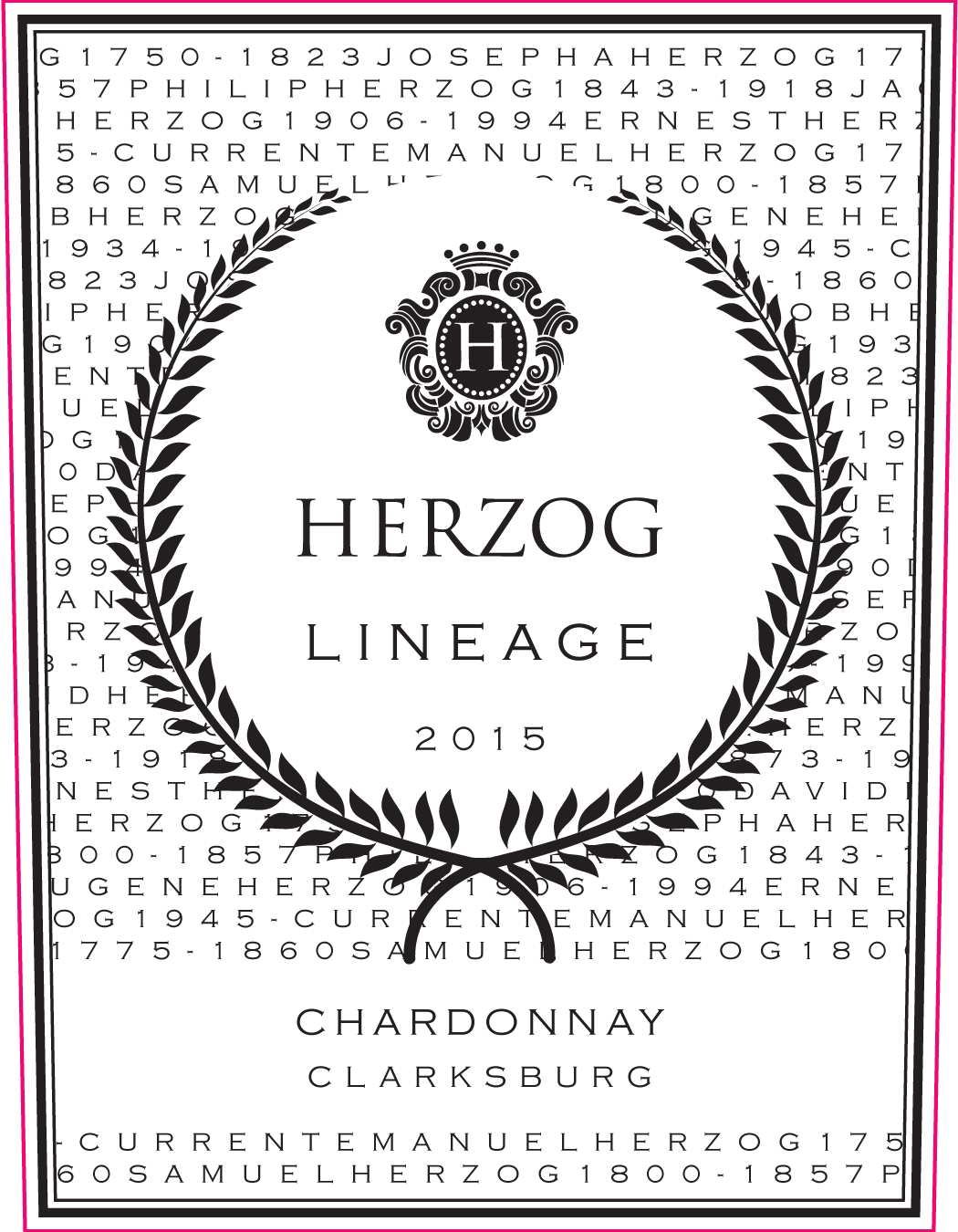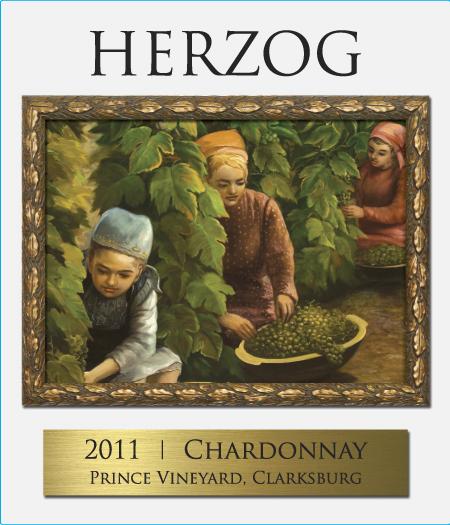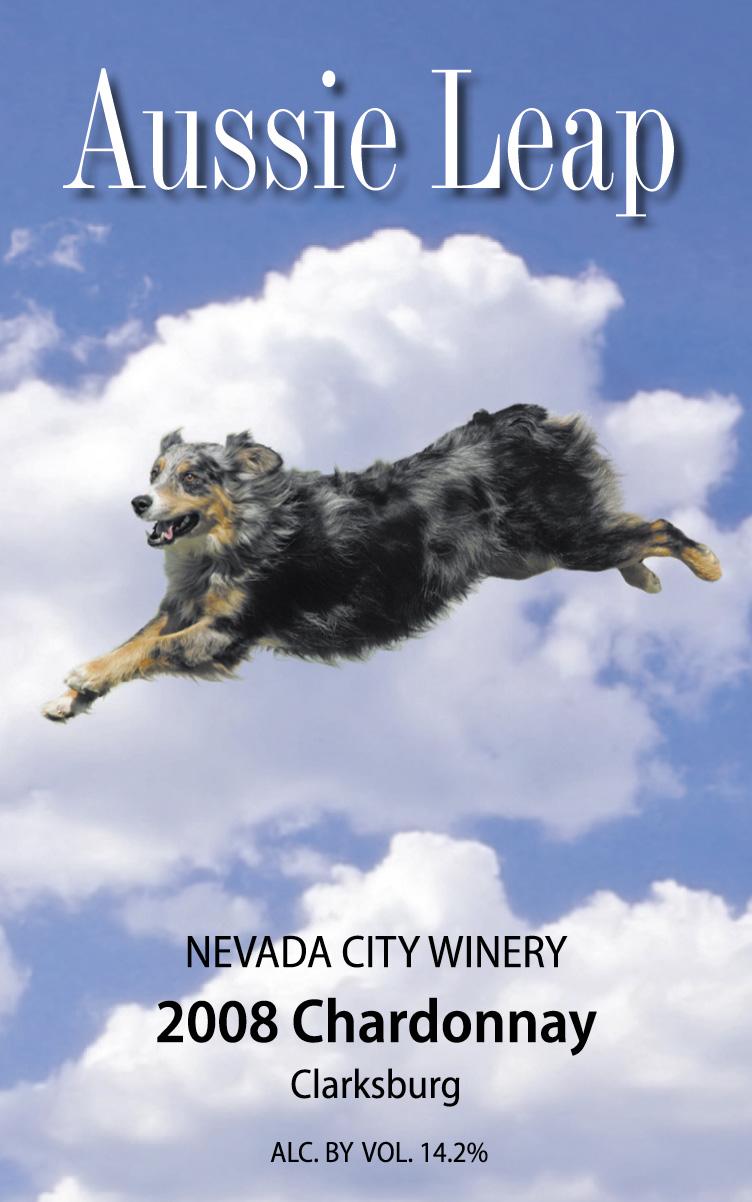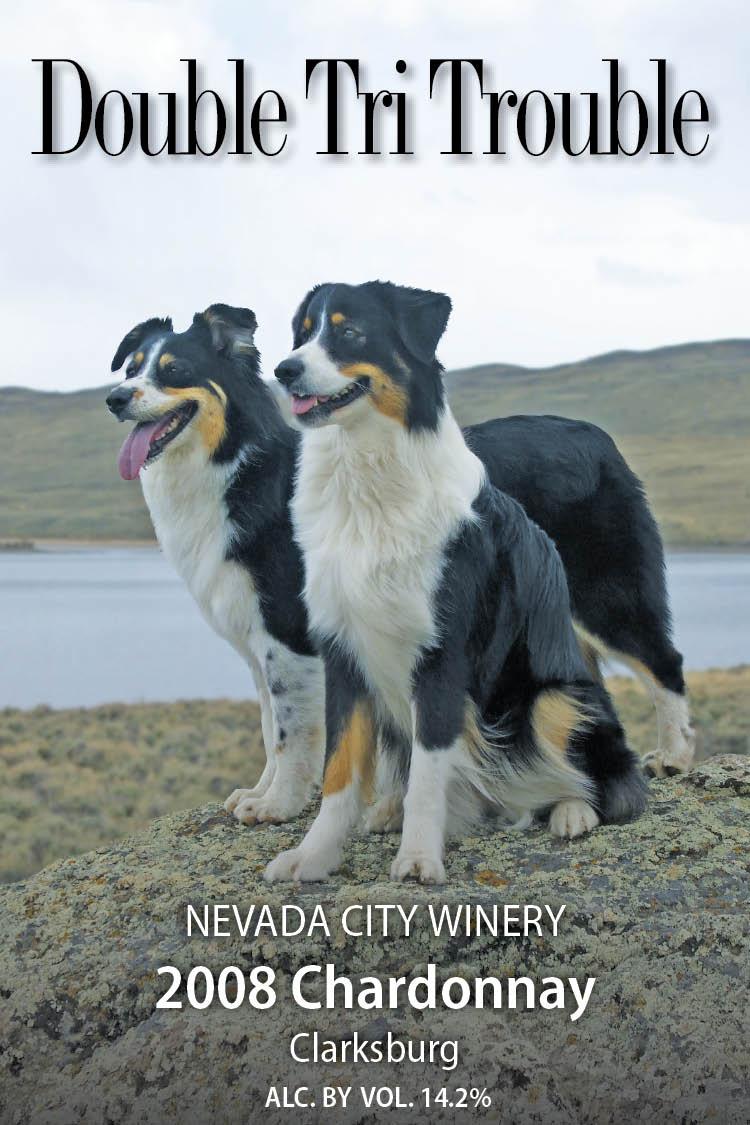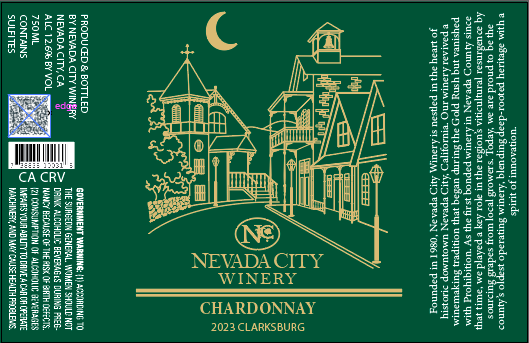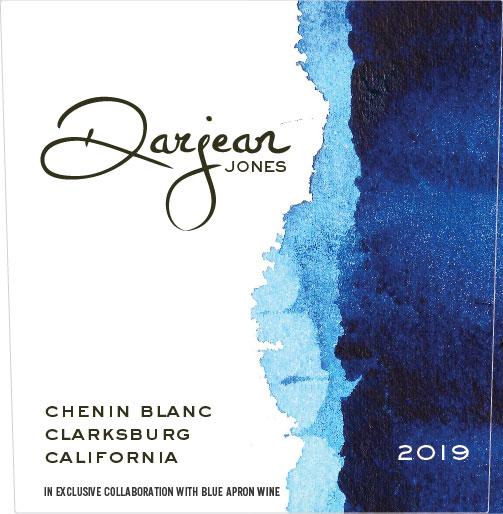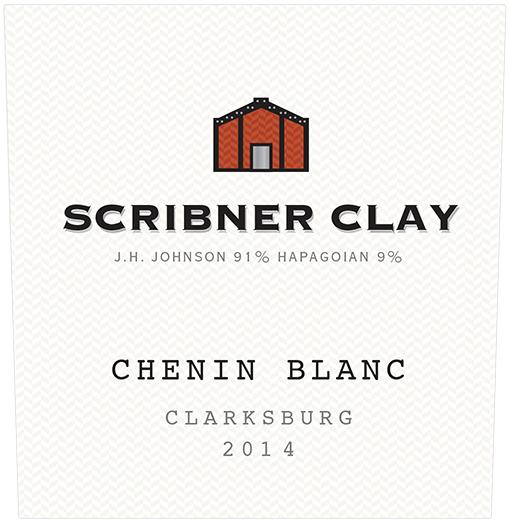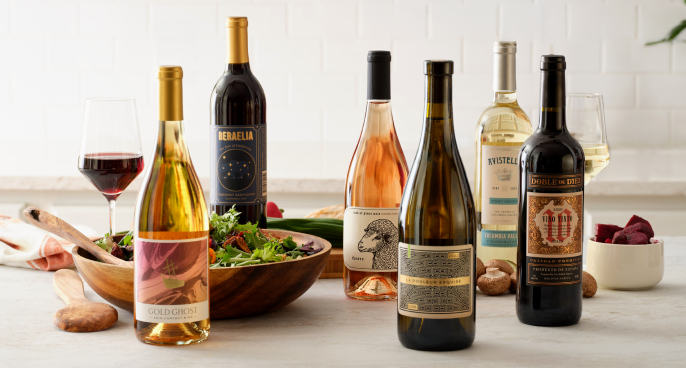Terroir of Clarksburg
Clarksburg's unique terroir and climate define its winemaking signature. Nestled in flat delta topography, the region benefits from a Mediterranean climate with warm-to-hot summer days softened by cooling fog and sea breezes from the Bay. These conditions create significant temperature swings that preserve grape acidity and extend ripening. The area’s low frost risk and reliable evening coolness are complemented by rich alluvial soils of clay and silt loam, which promote vigorous vine growth. Efficient drip irrigation systems manage water use, crucial during summers that frequently reach the 90s°F.
The proximity to delta sloughs and canals subtly moderates the heat, ensuring even sun and wind exposure across vineyards. Clarksburg's climate, cooler than nearby inland valleys but warmer than coastal regions, results in wines with ripe fruit characters balanced by good acidity, capturing the essence of the region’s distinctive terroir.
Notable Wineries in Clarksburg
Clarksburg, a hidden gem in California’s wine landscape, is renowned for its diverse grape varieties and distinctive terroir. The region supports an array of notable wineries that celebrate its unique climate and rich soils:
-
Bogle Vineyards: A standout for its wide range of grape varieties, including Chenin Blanc, Petite Sirah, and Chardonnay, all flourishing under the Clarksburg AVA.
-
Clarksburg Wine Company: Offers AVA-specific wines, providing visitors a genuine taste of the region's distinctive qualities.
-
Old Sugar Mill: A popular destination where multiple wineries offer wines crafted from local grapes.
-
Baron Herzog: Known for crafting kosher wines, including those made with Chenin Blanc sourced from Clarksburg.
These wineries, along with others sourcing grapes from this fertile region, showcase the true character and potential of Clarksburg's viticulture.
Sustainable Winemaking in Clarksburg
In Clarksburg, sustainable winegrowing is a priority, with many vineyards adopting eco-friendly practices to protect the region's rich terroir and unique climate. Integrated Vineyard Management is common, using cover crops and focused canopy areas to enhance soil health and attract beneficial insects. Water efficiency is achieved through precision drip irrigation systems and soil moisture monitoring, safeguarding the sensitive delta waterways.
Some vineyards in Clarksburg embrace organic and biodynamic methods, while others participate in programs like California Sustainable Winegrowing, highlighting their commitment to the environment. Energy-efficient practices, such as solar power and recycled packaging, are widespread, reducing resource use. By preserving riparian buffers and planting trees, Clarksburg promotes biodiversity and maintains healthy ecosystems, ensuring the future vitality of its vineyards.
Wine Tourism in Clarksburg
Clarksburg offers a unique wine tourism experience, inviting visitors to explore its serene vineyards and tasting rooms. The Old Sugar Mill, a central hub, provides a variety of tasting experiences, while Bogle Vineyards welcomes guests to enjoy picnics amidst the vines.
For those who prefer a more intimate setting, some boutique wineries offer tastings by appointment. The region is ideal for cycling enthusiasts, with flat roads and scenic routes perfect for exploring on bike. Nearby water bodies offer kayaking and birdwatching opportunities, blending outdoor adventure with wine exploration.
Throughout the year, Clarksburg hosts local events, including open houses and harvest festivals, offering a chance to engage with winemakers and discover new vintages. Although dining options in the AVA are limited, nearby Sacramento offers farm-to-table experiences, making Clarksburg a convenient day trip destination from the Bay Area.

